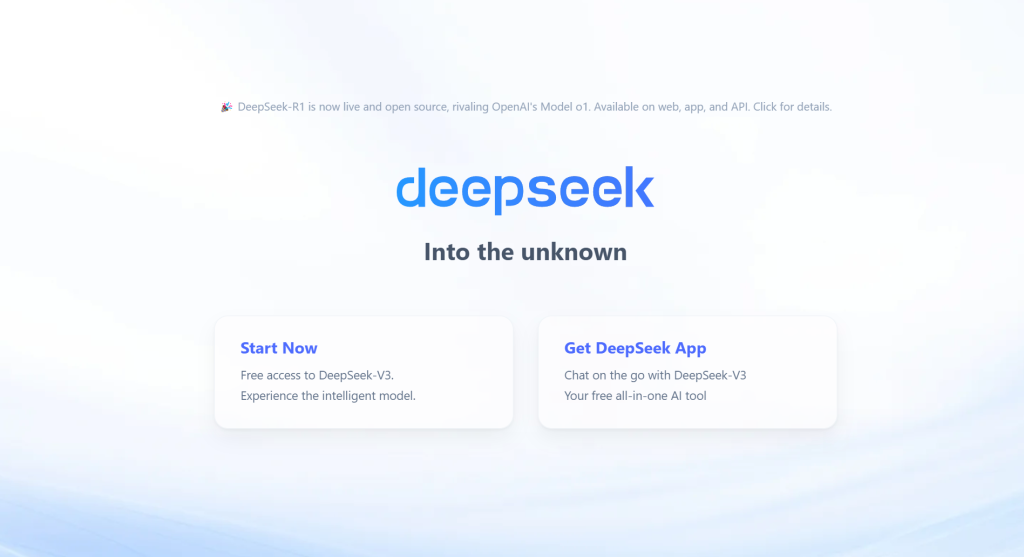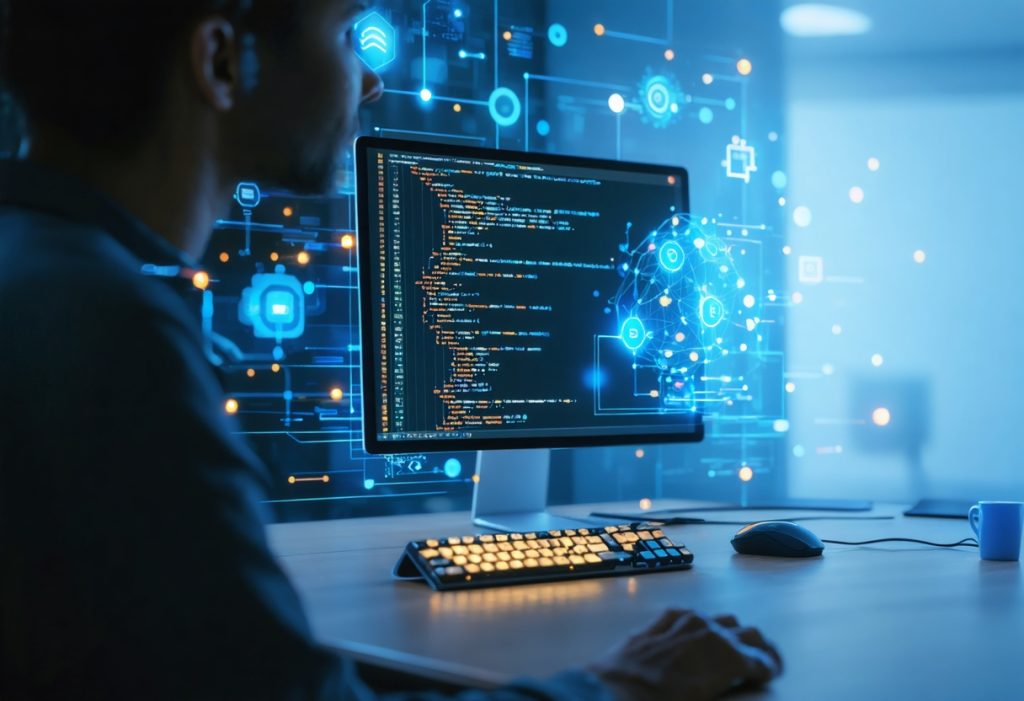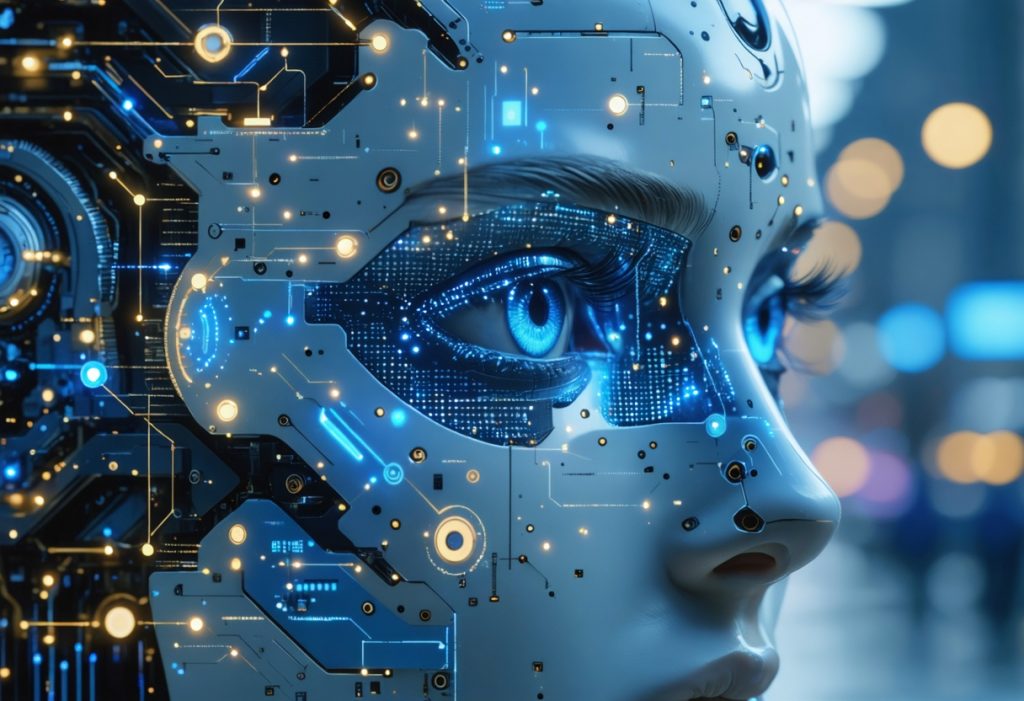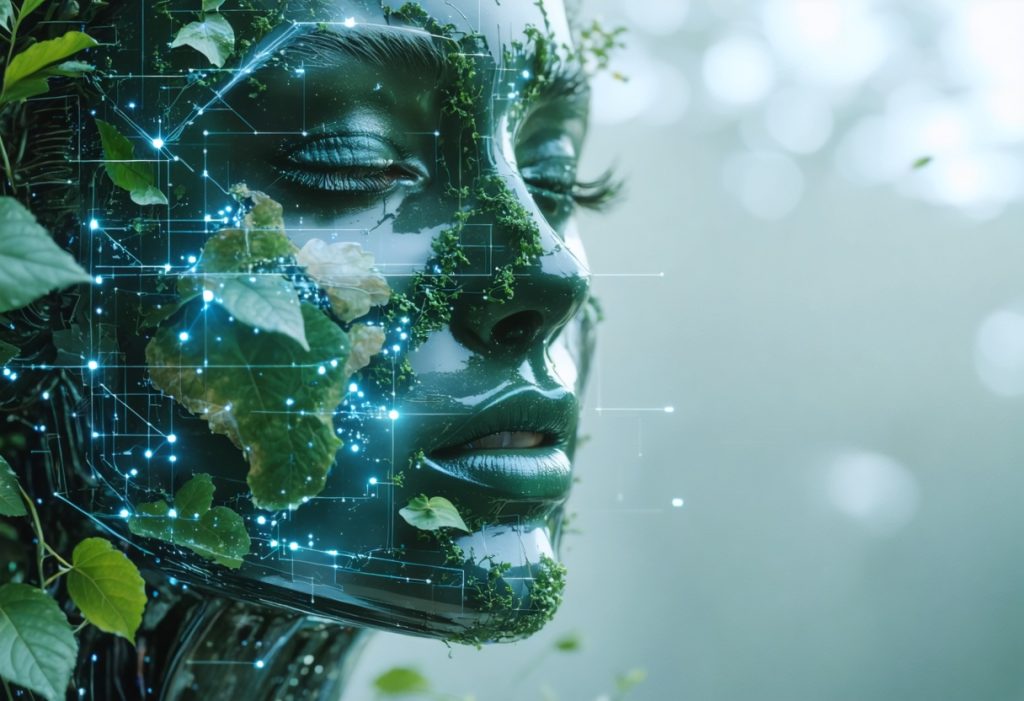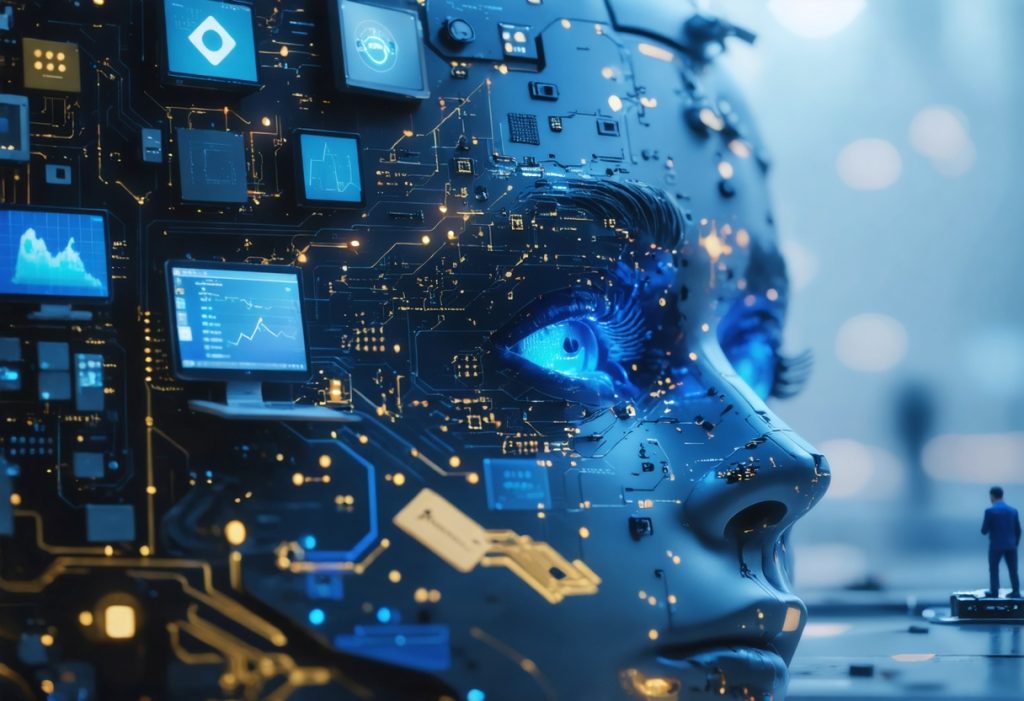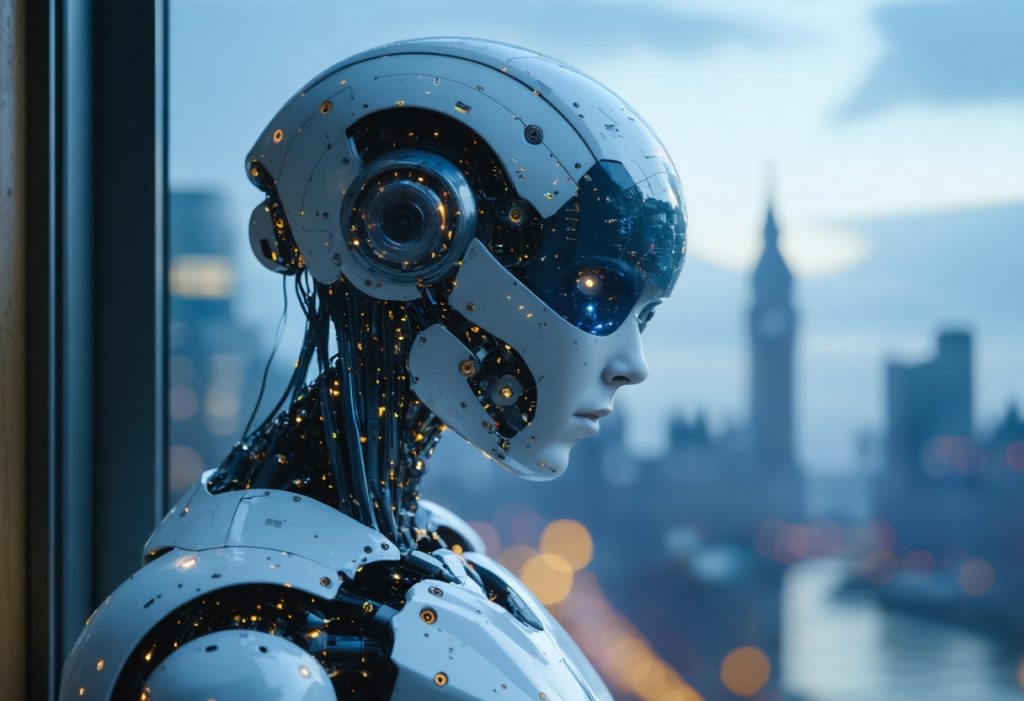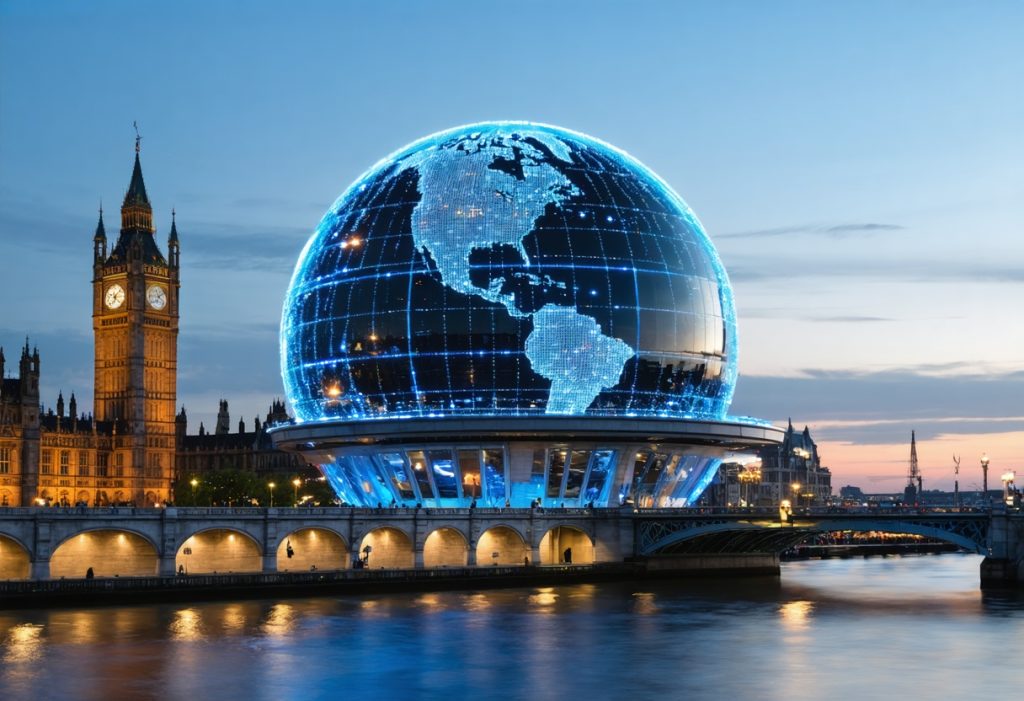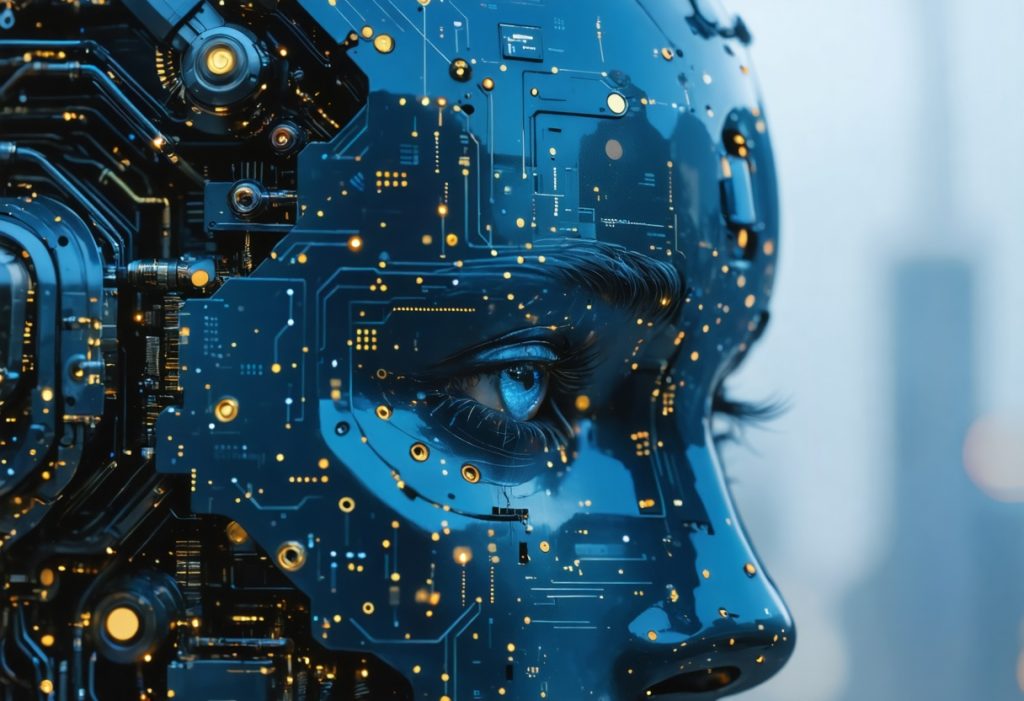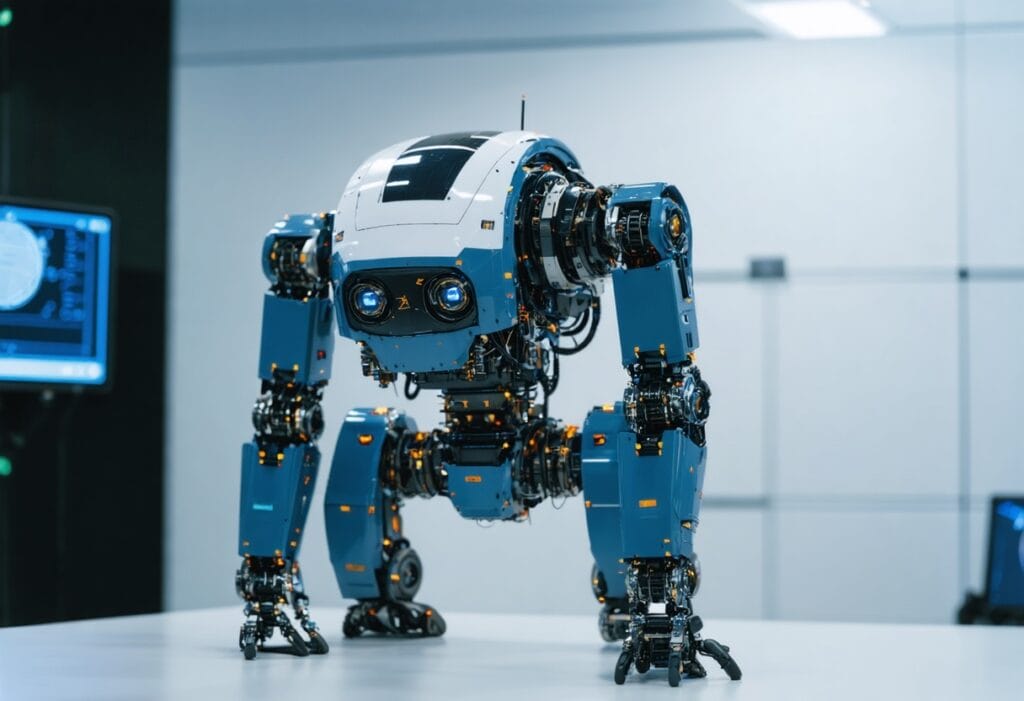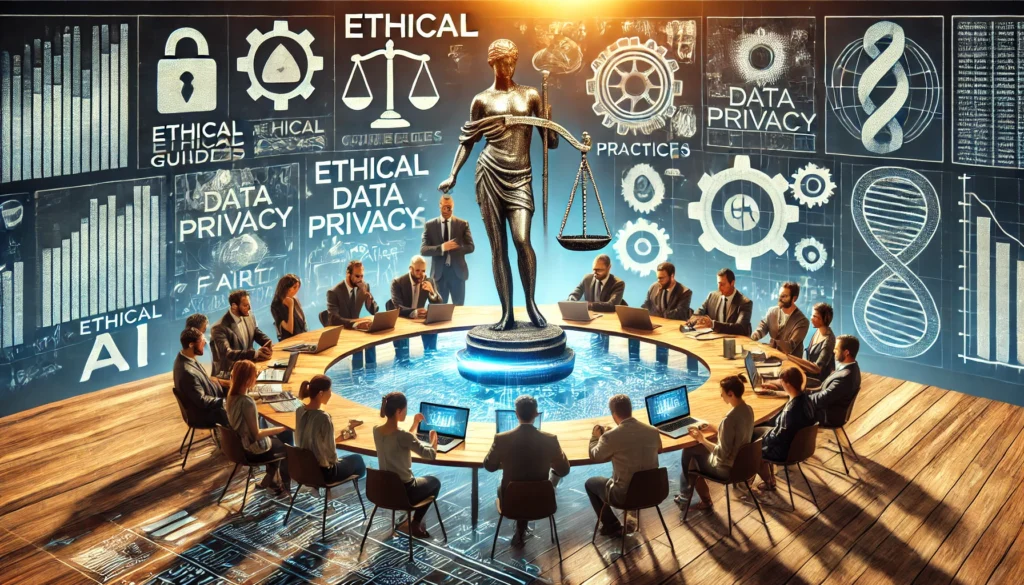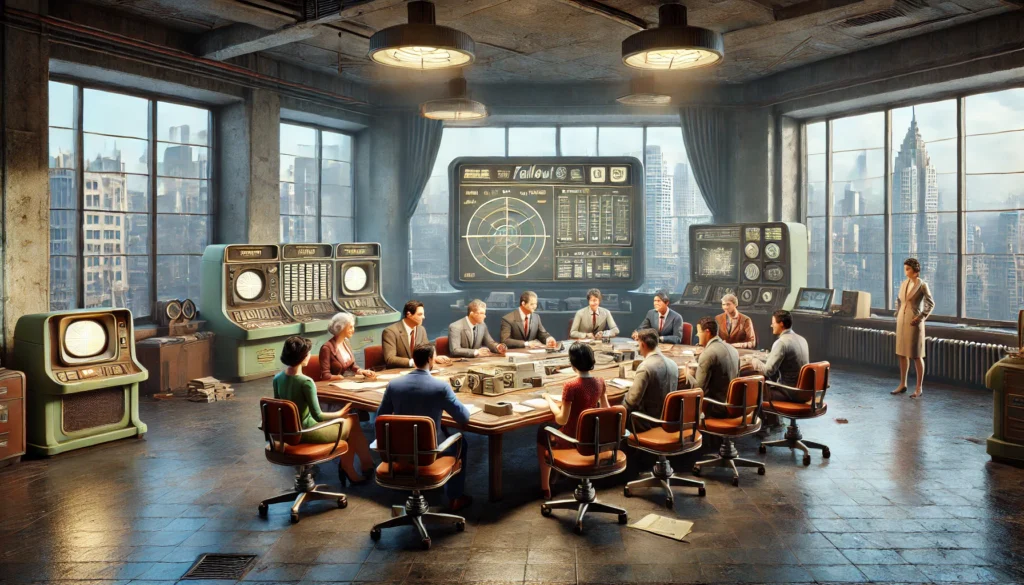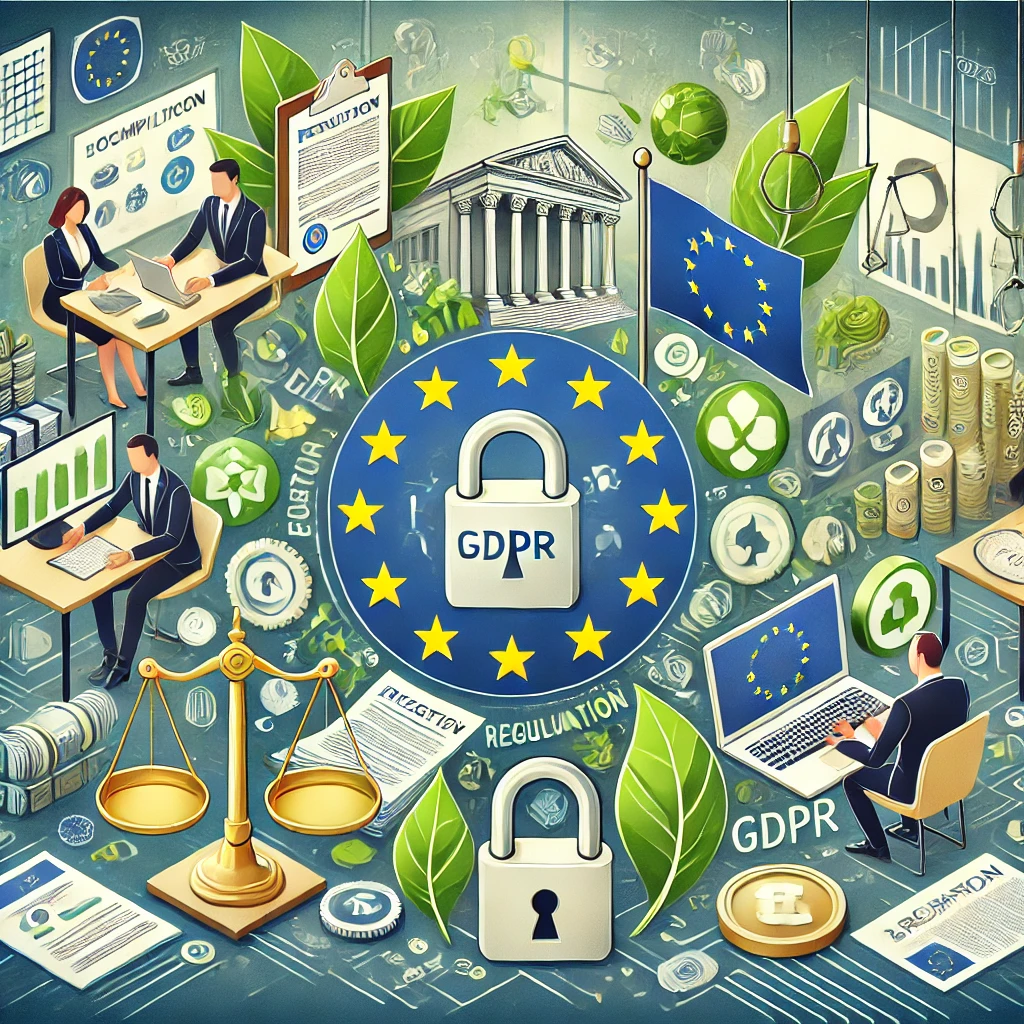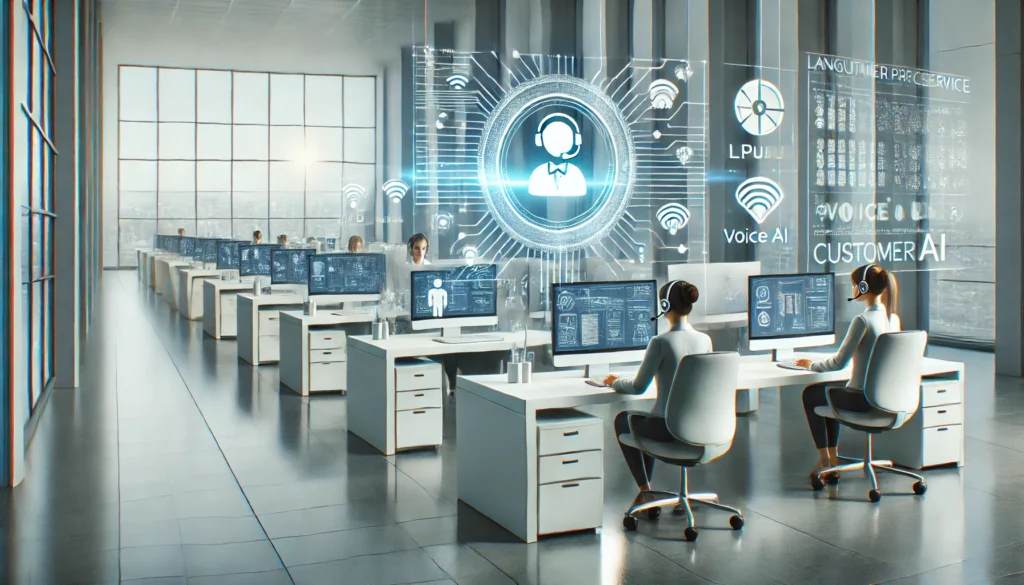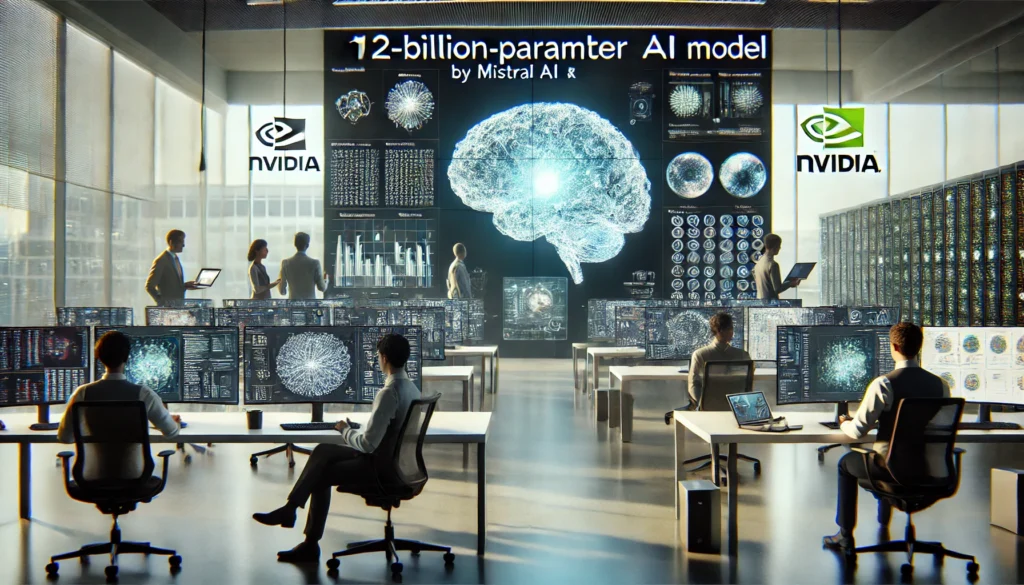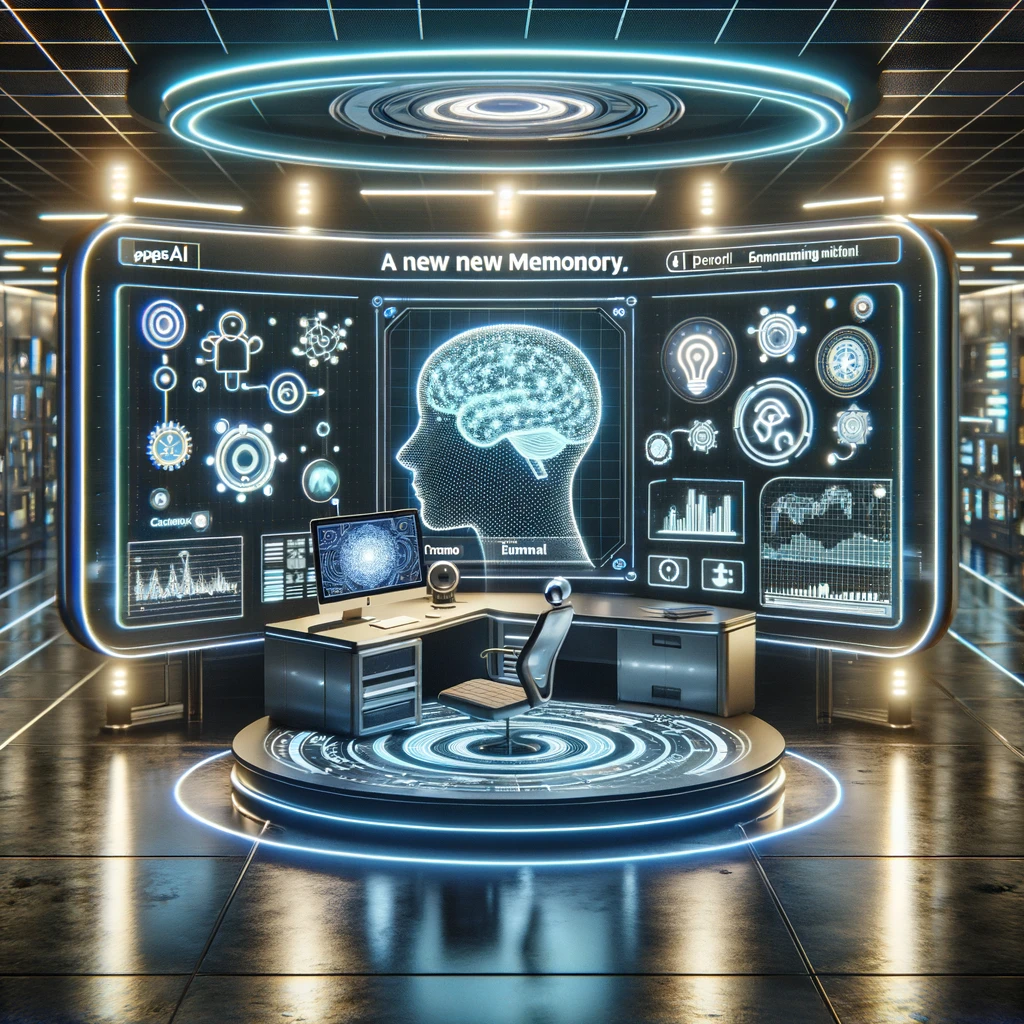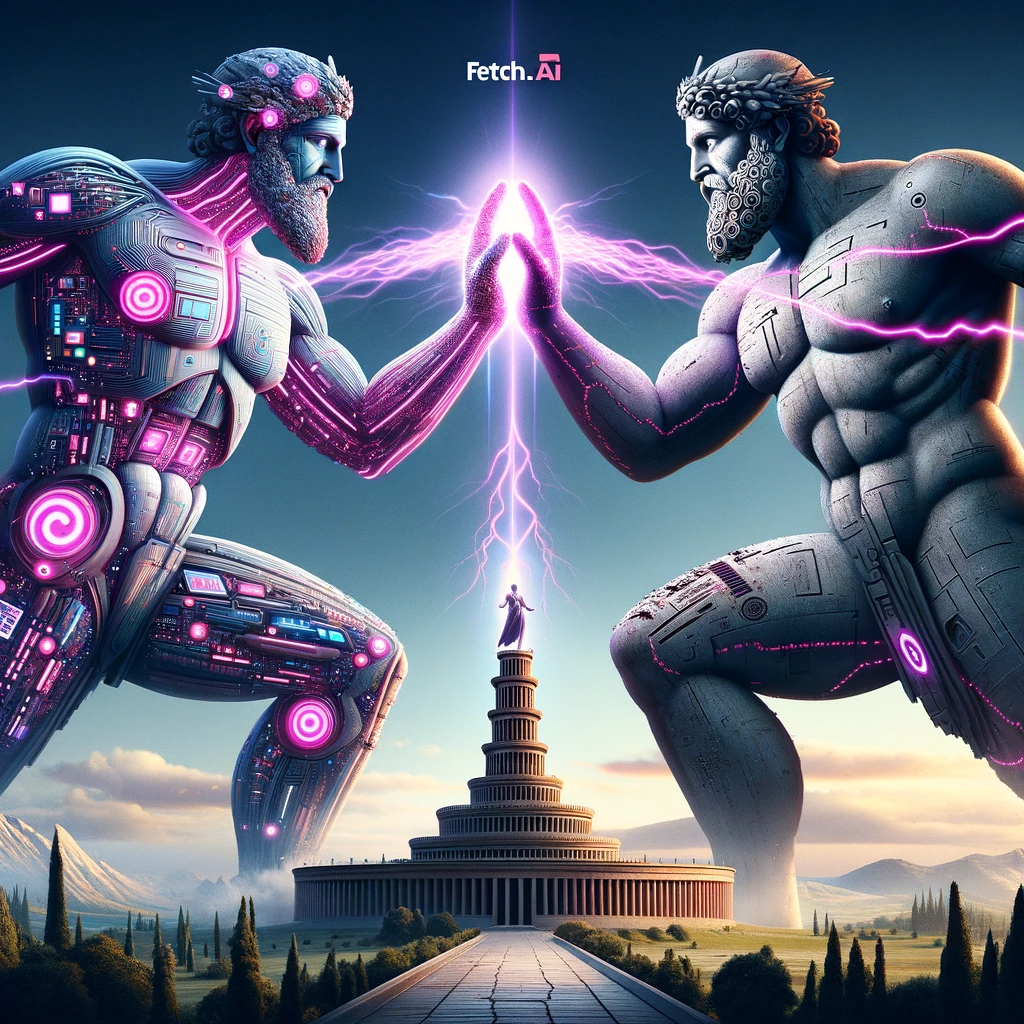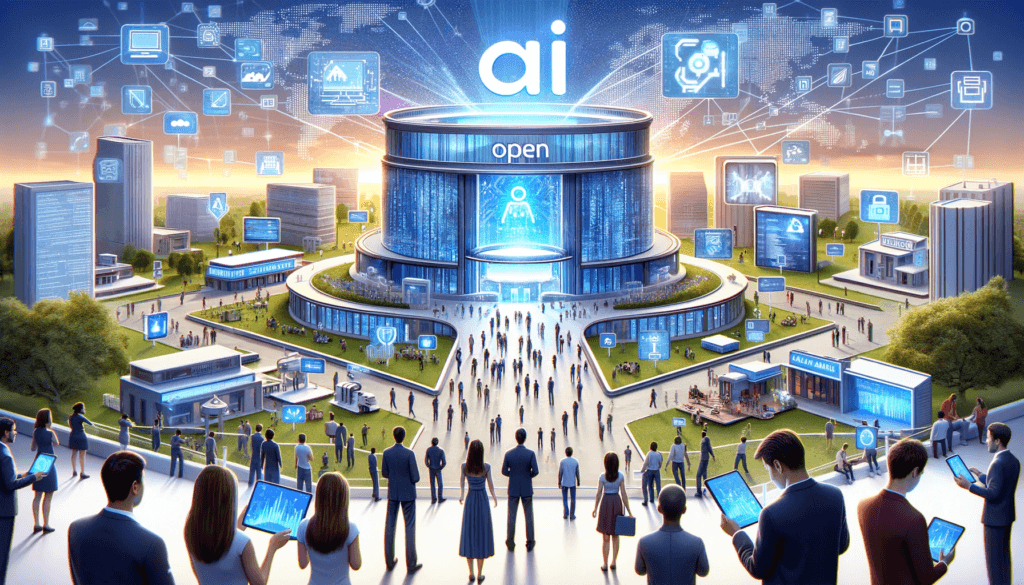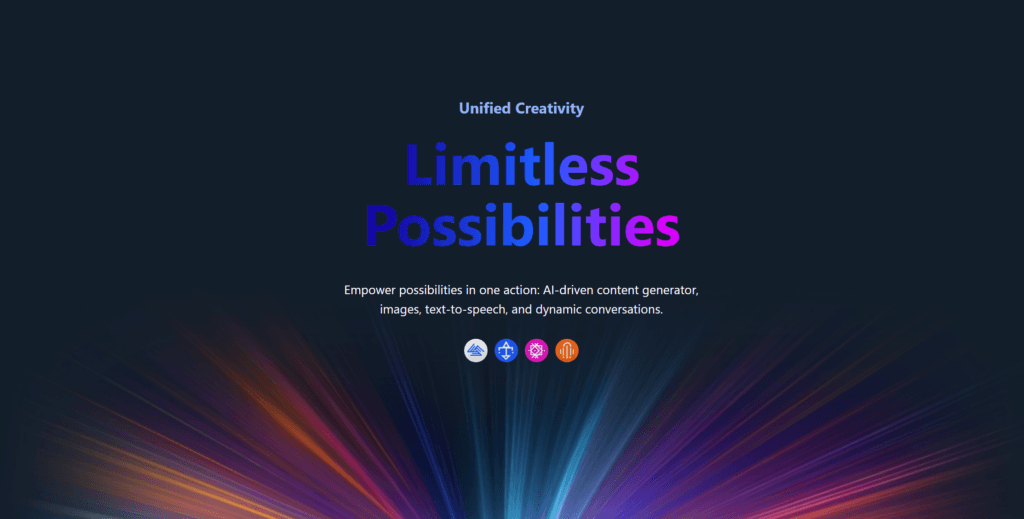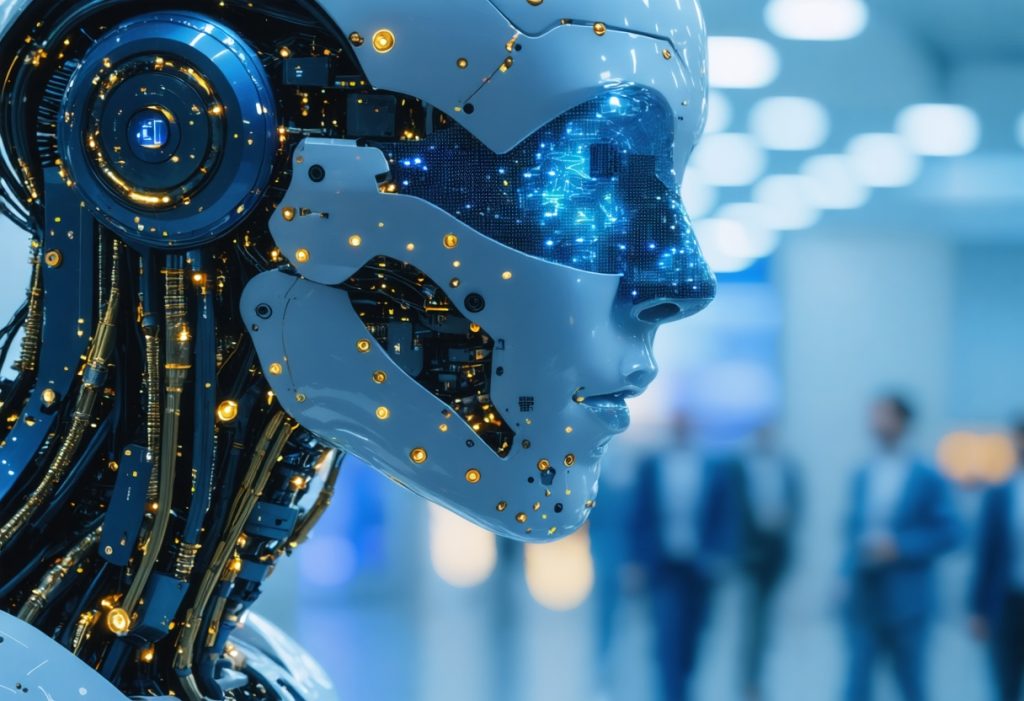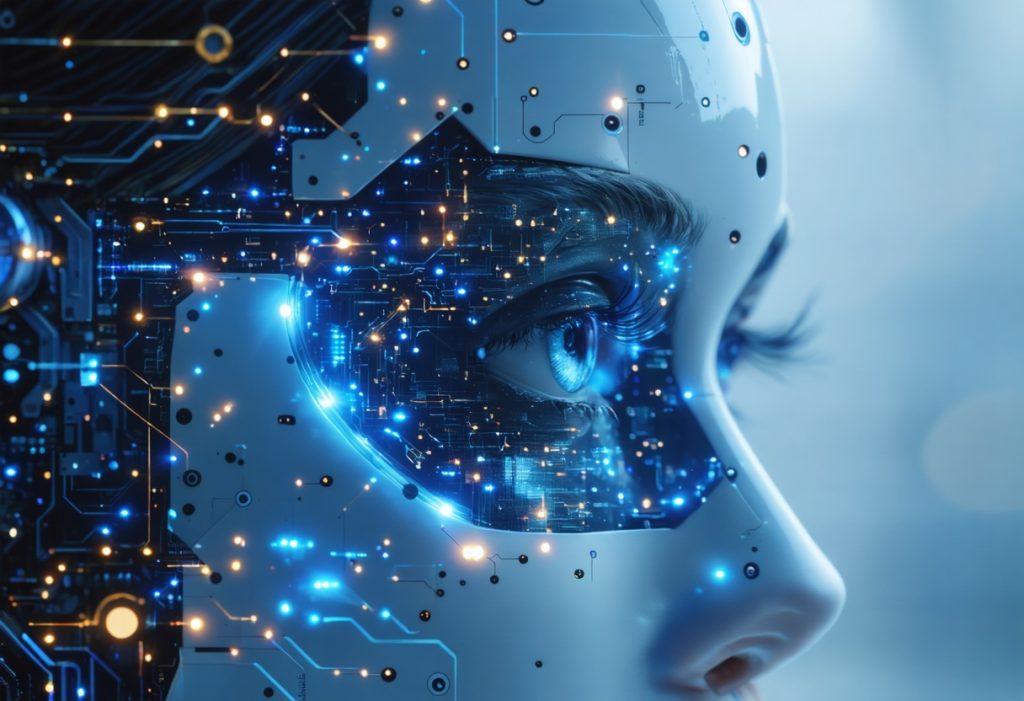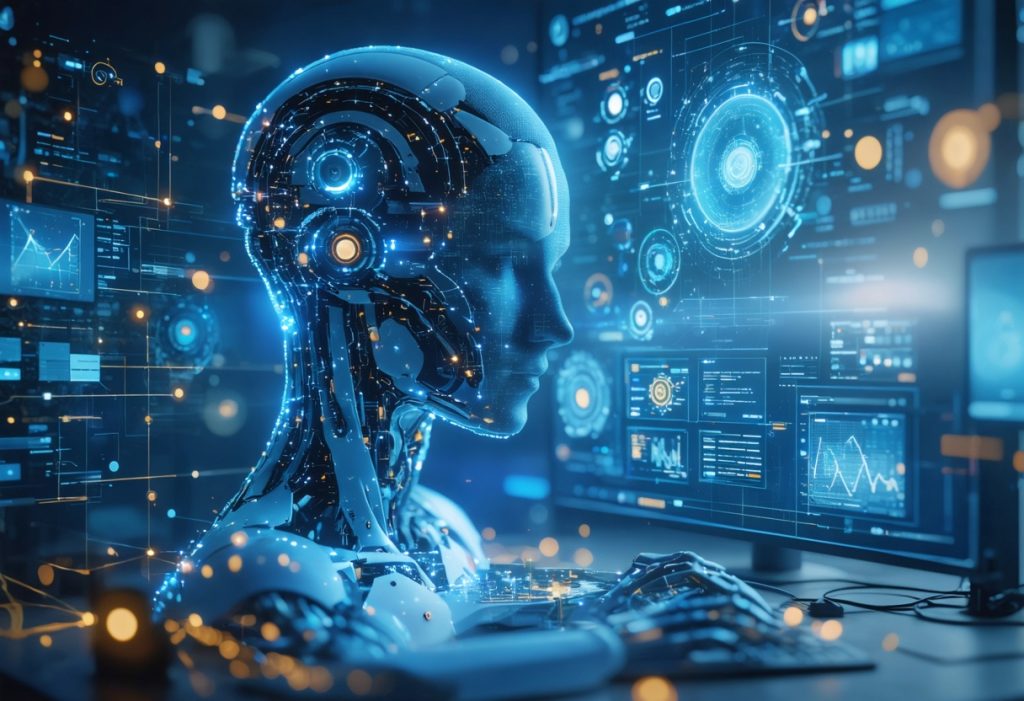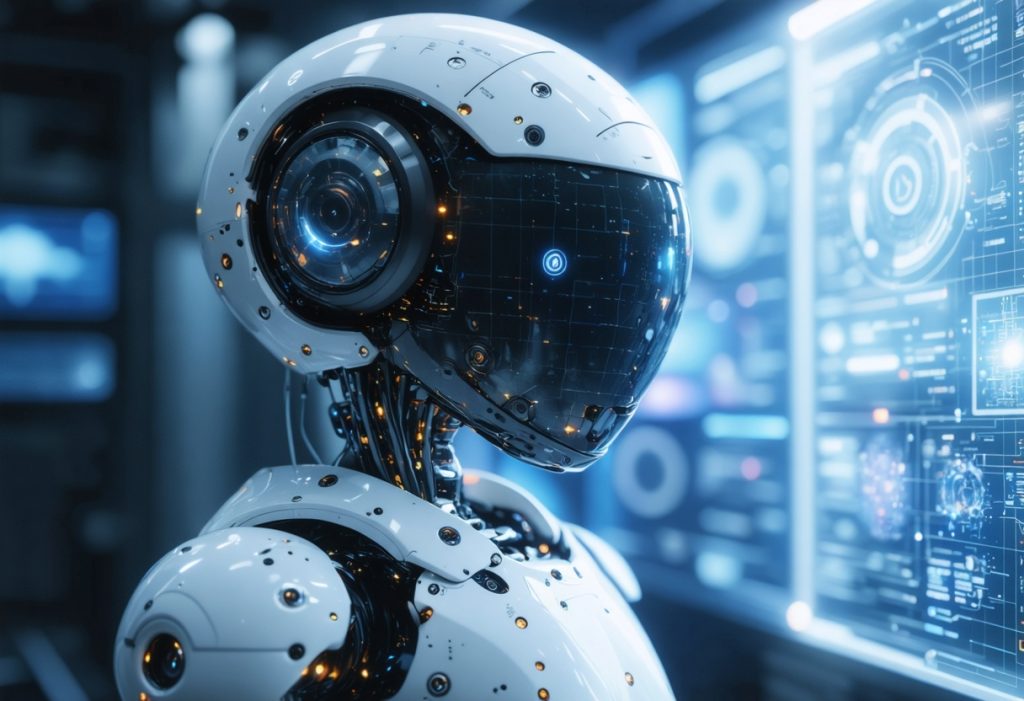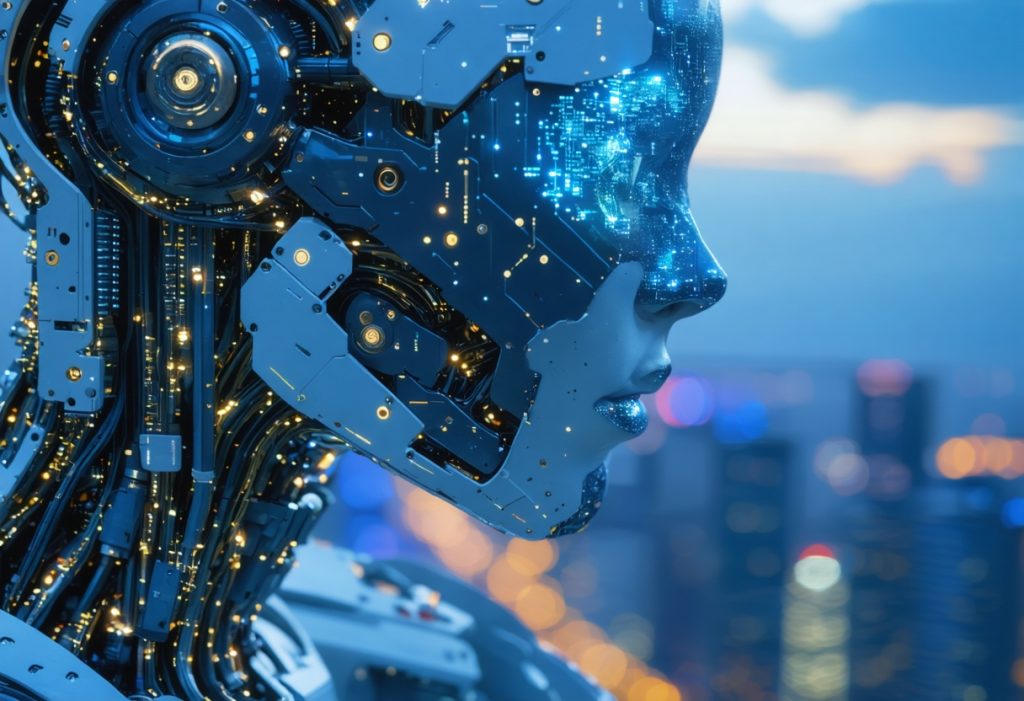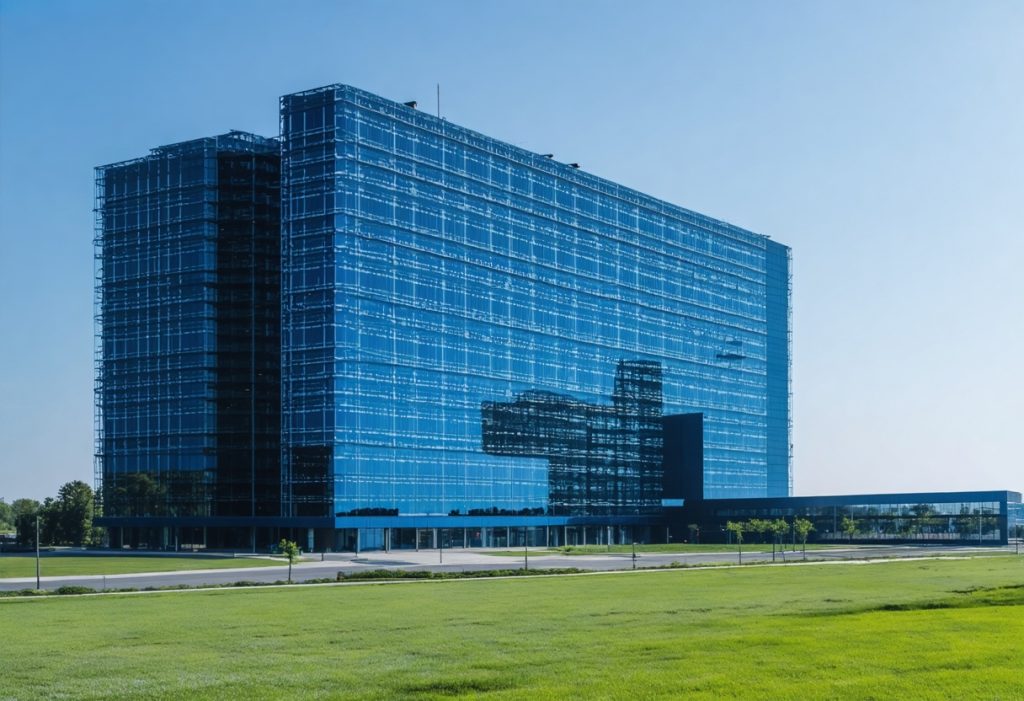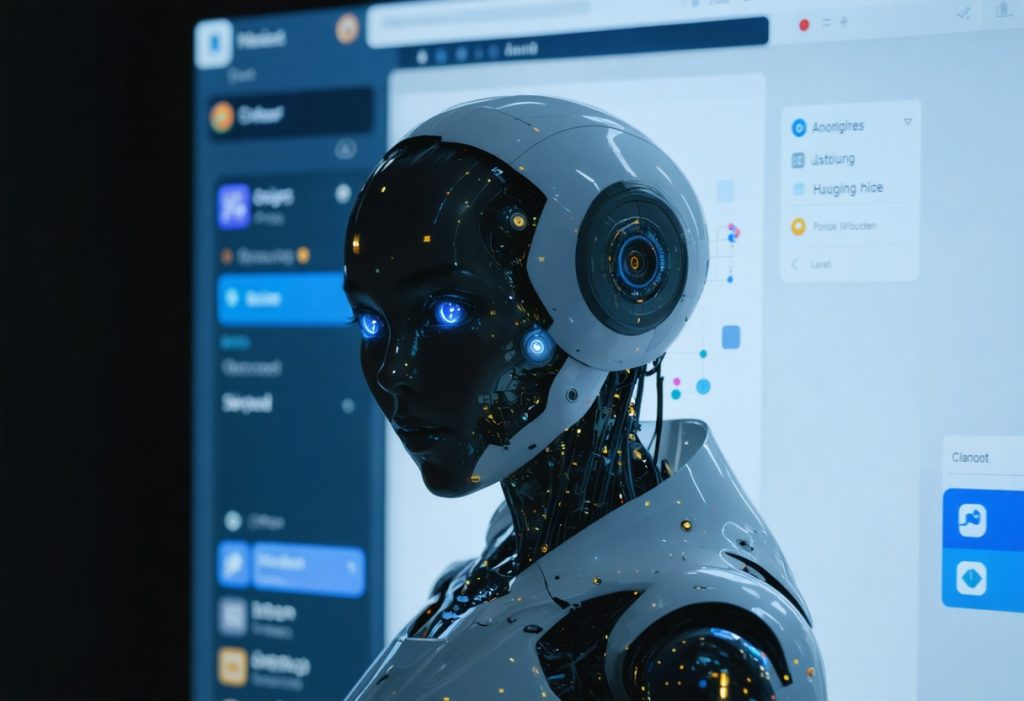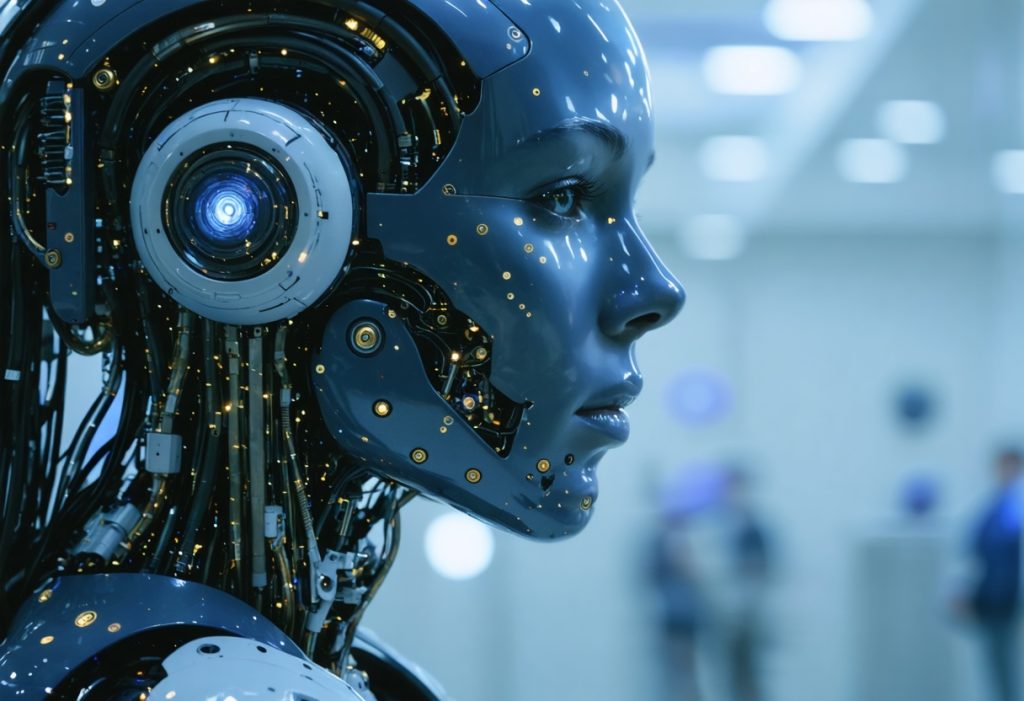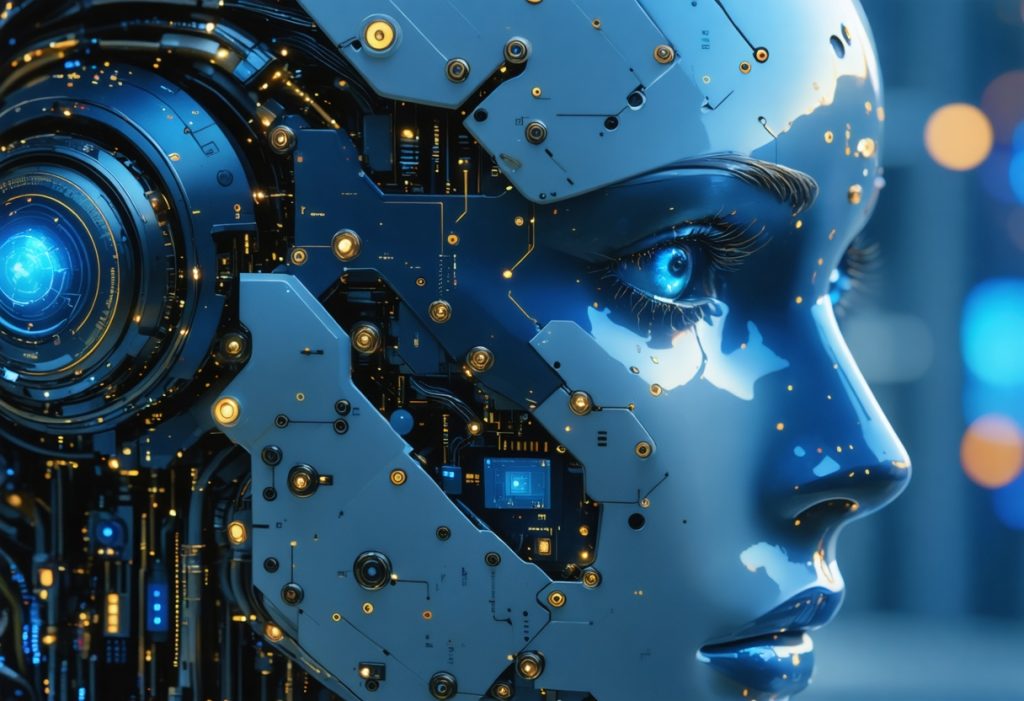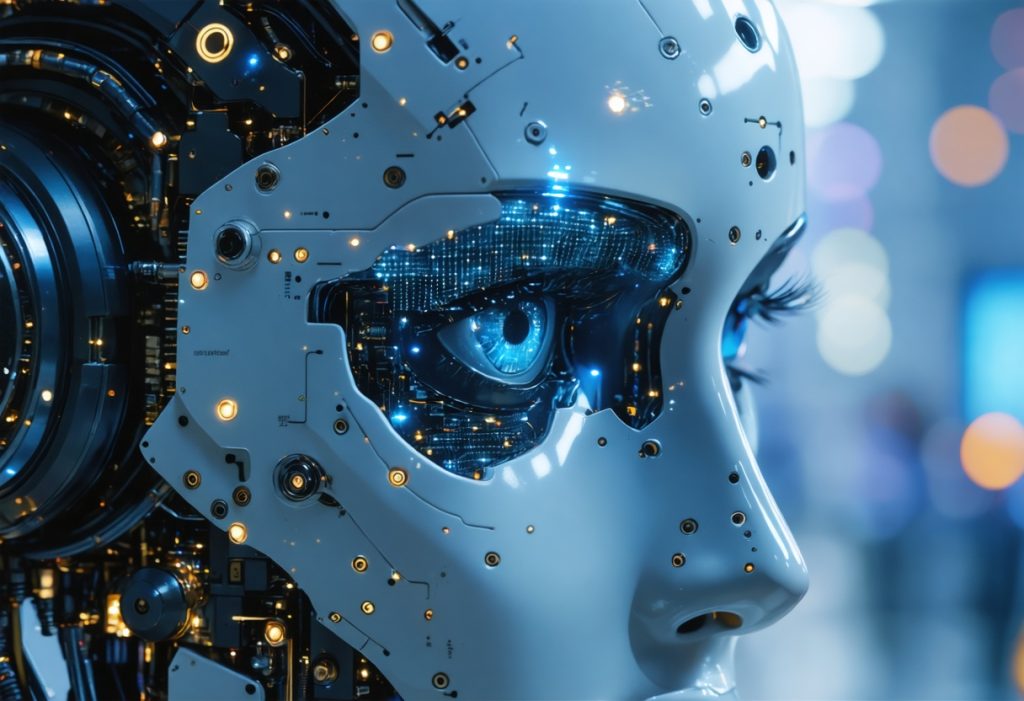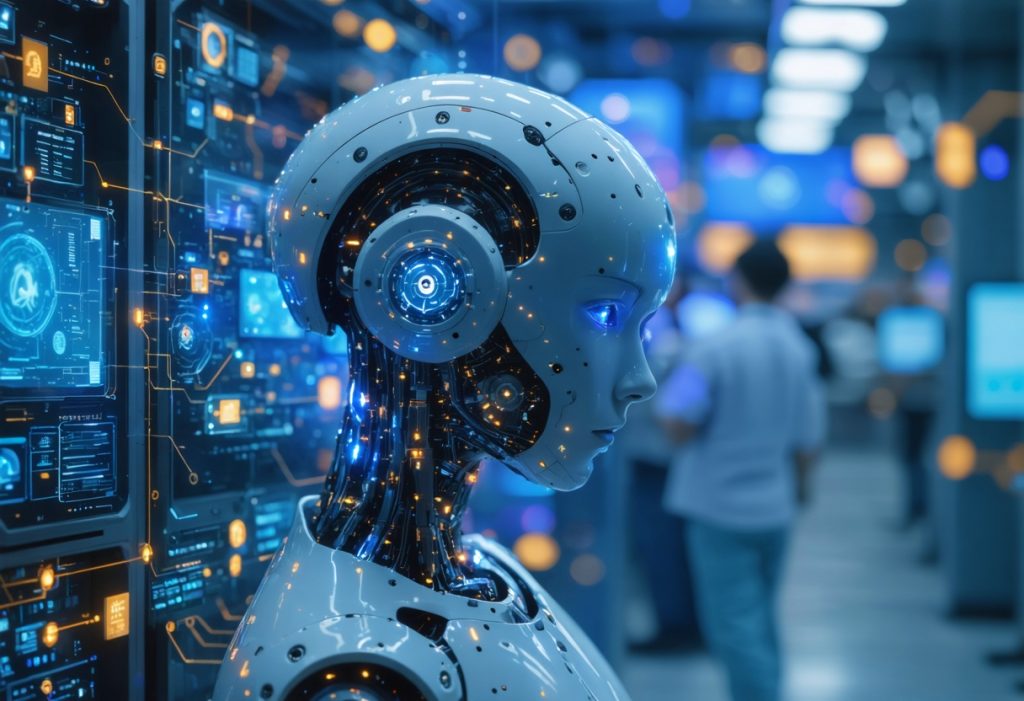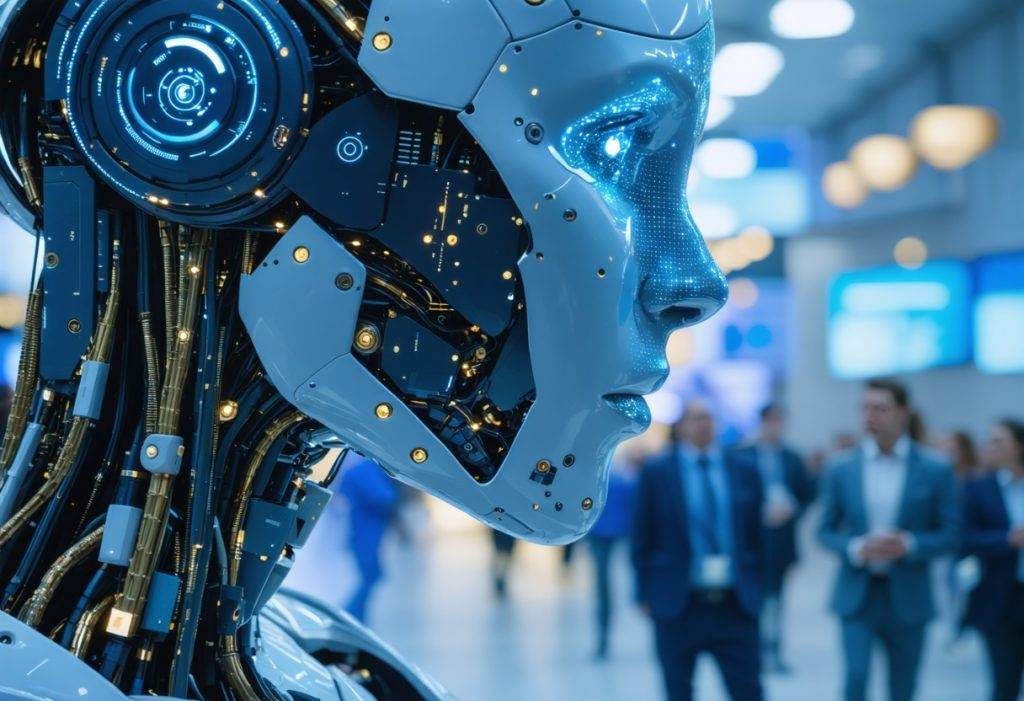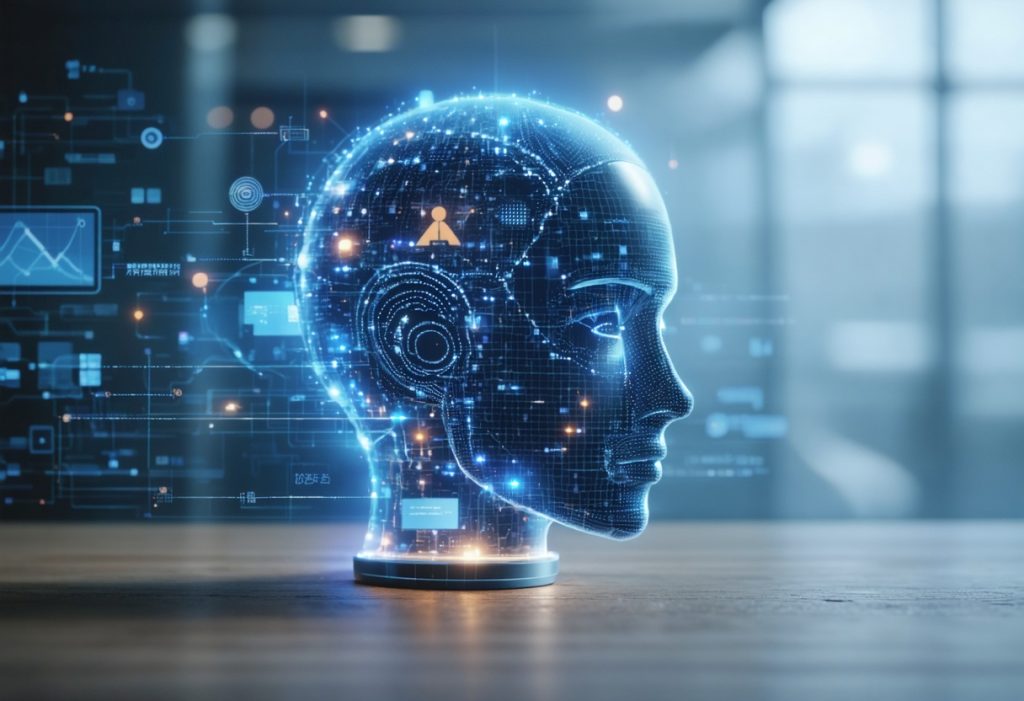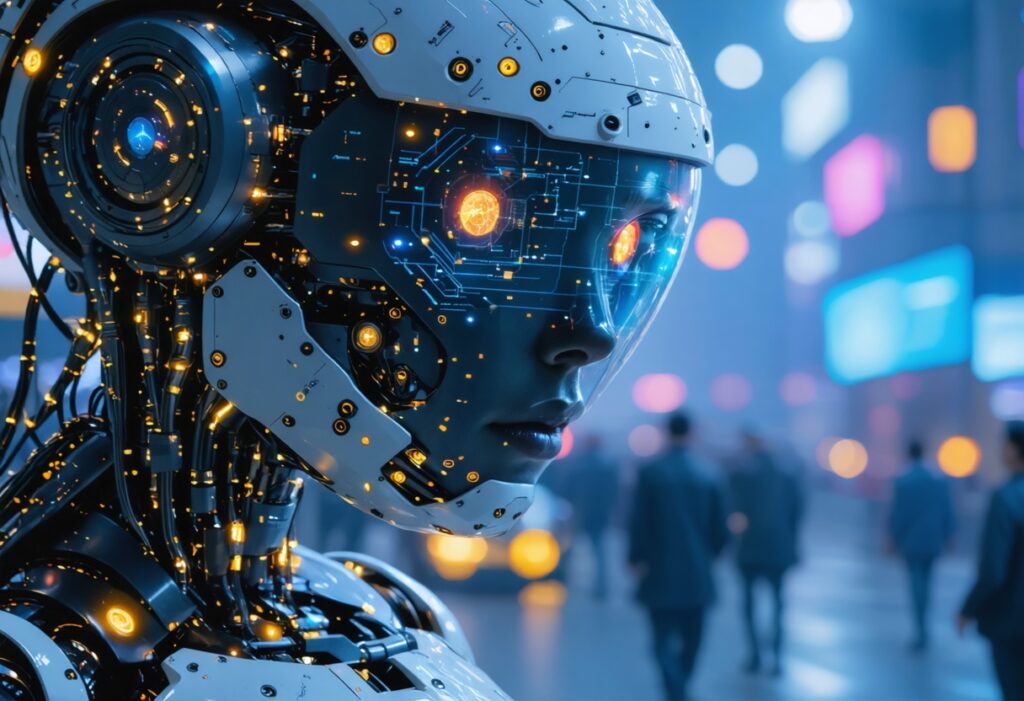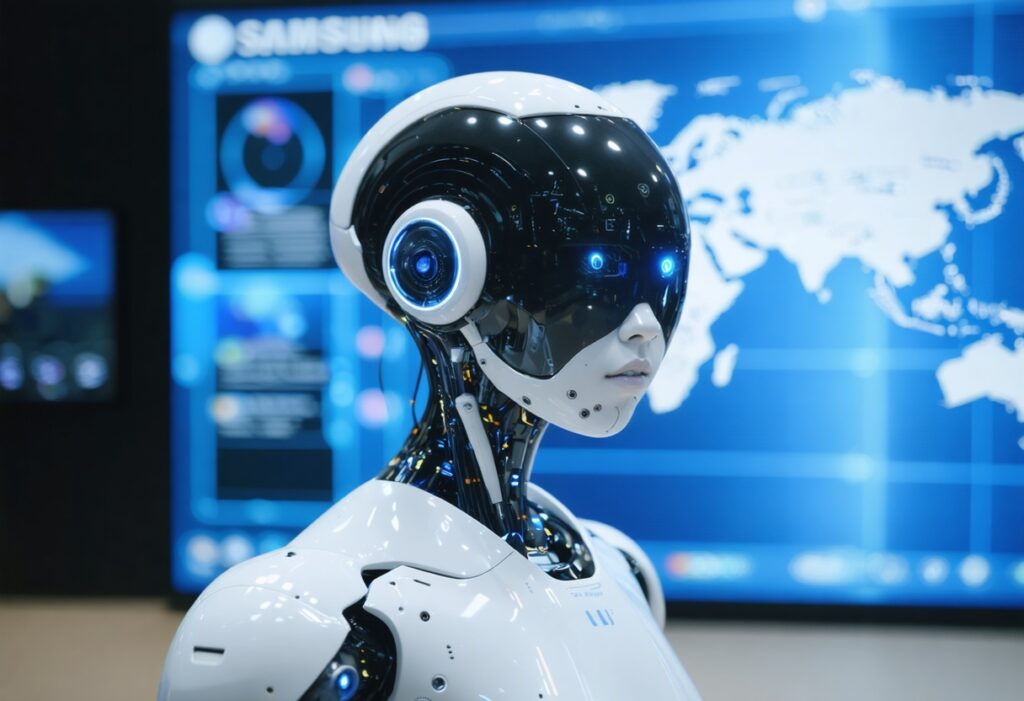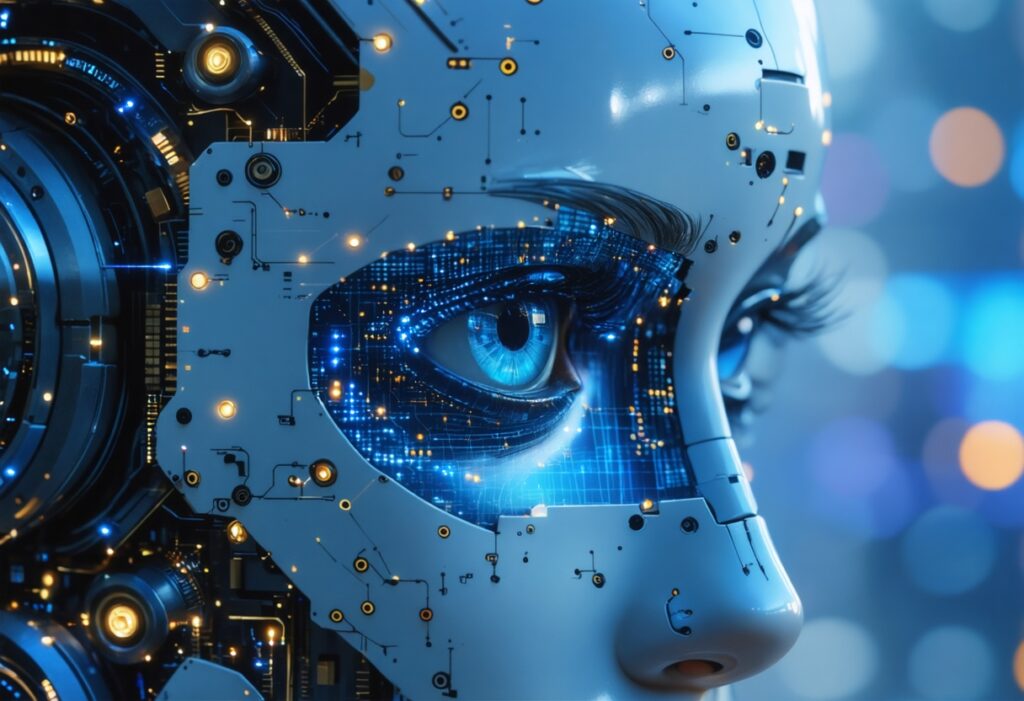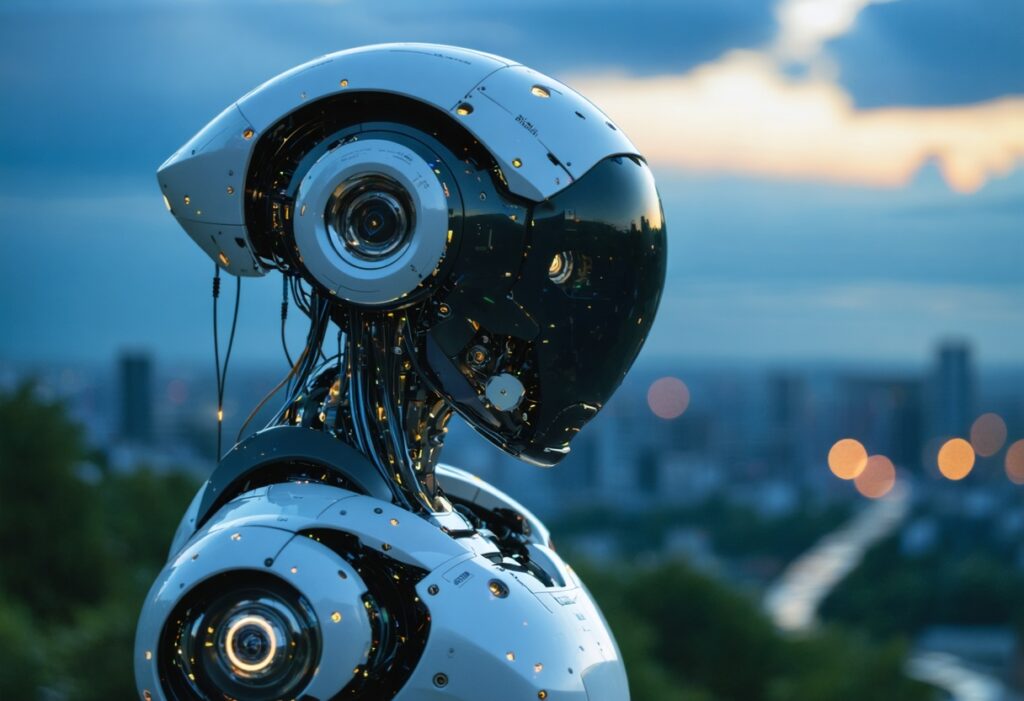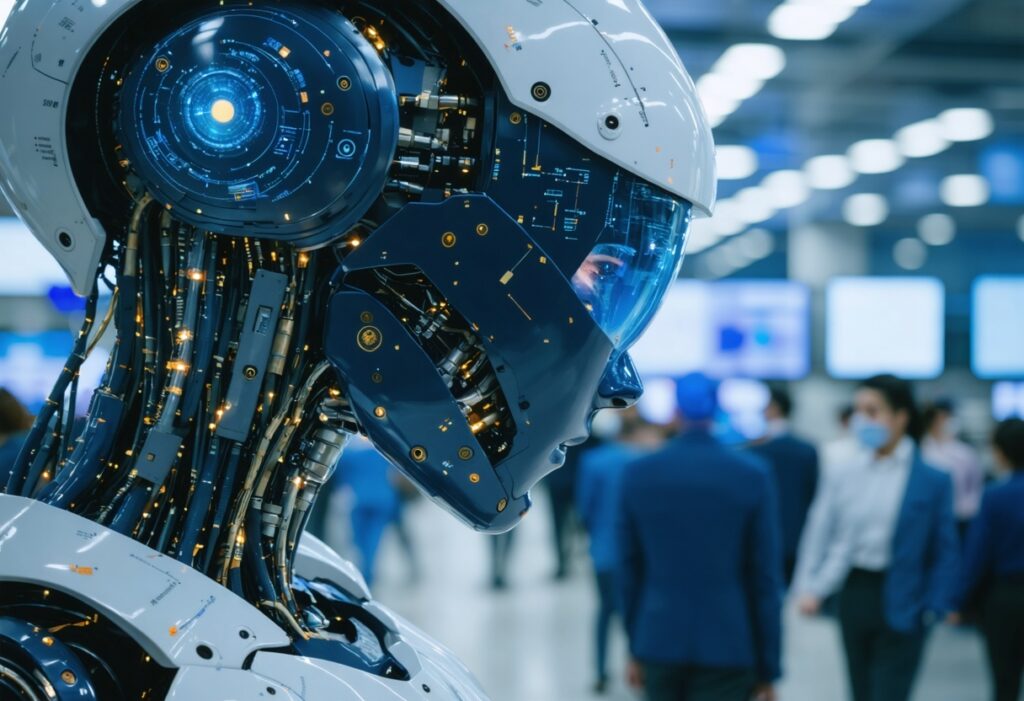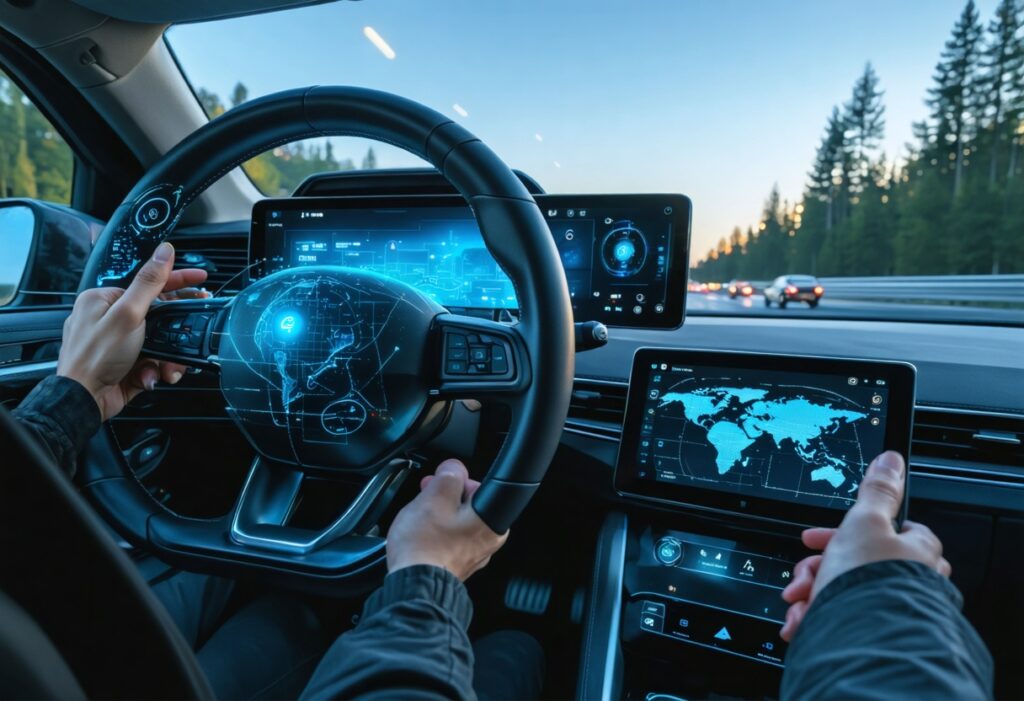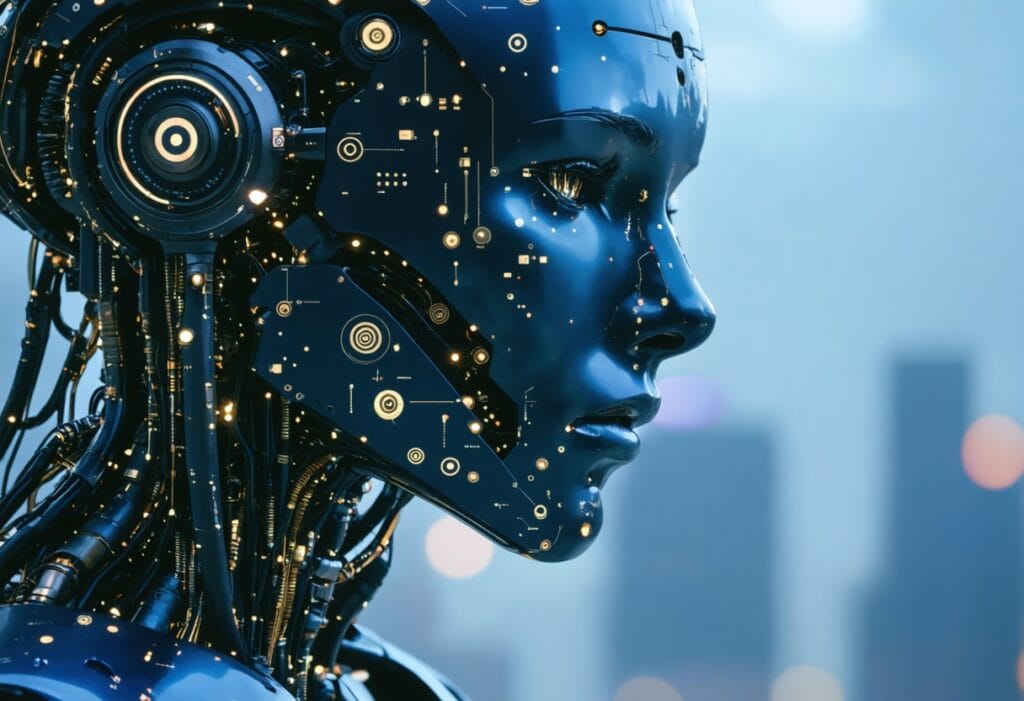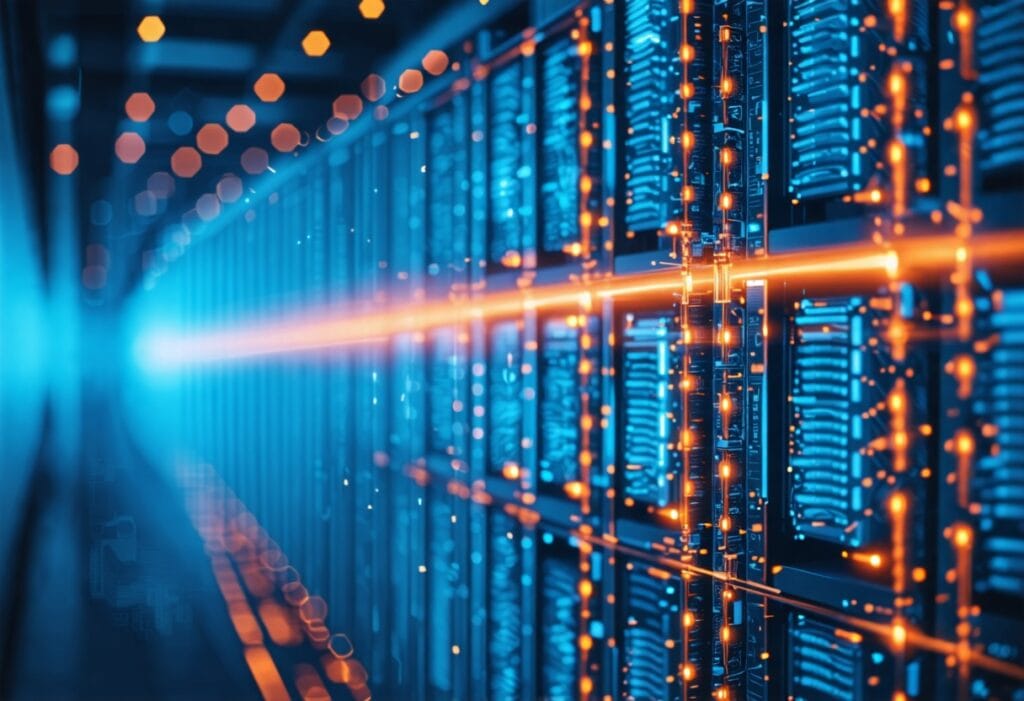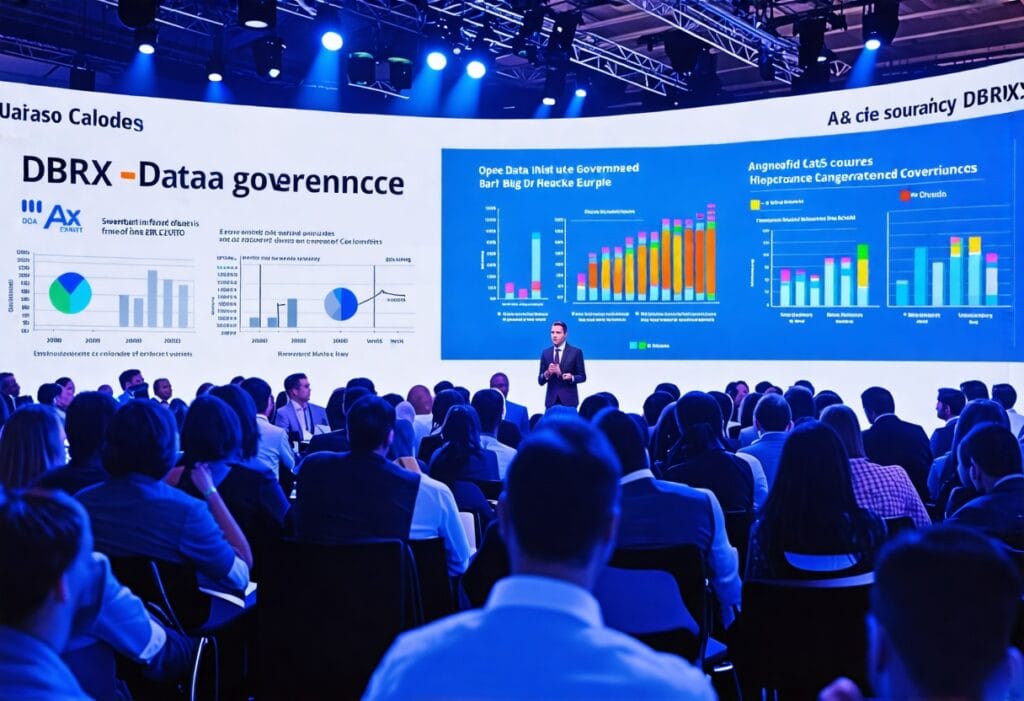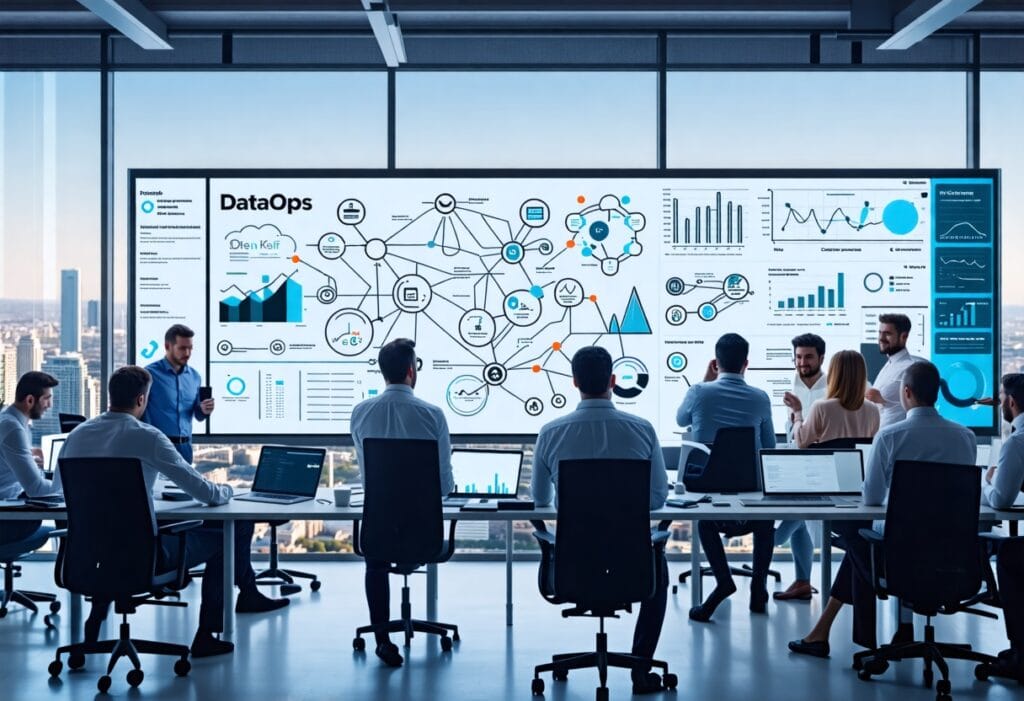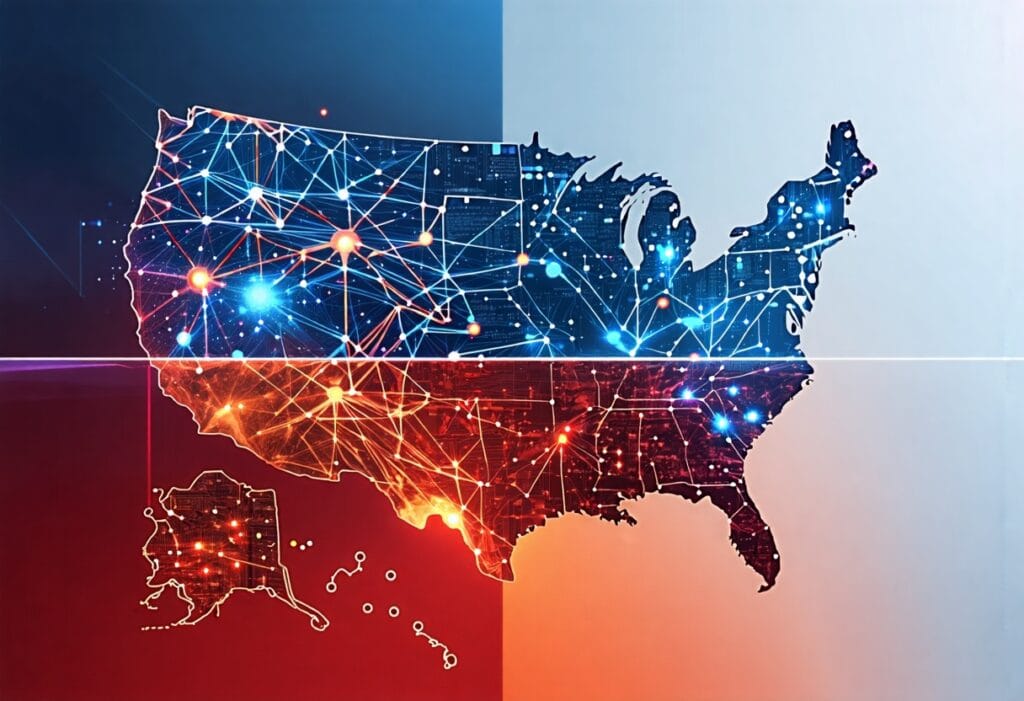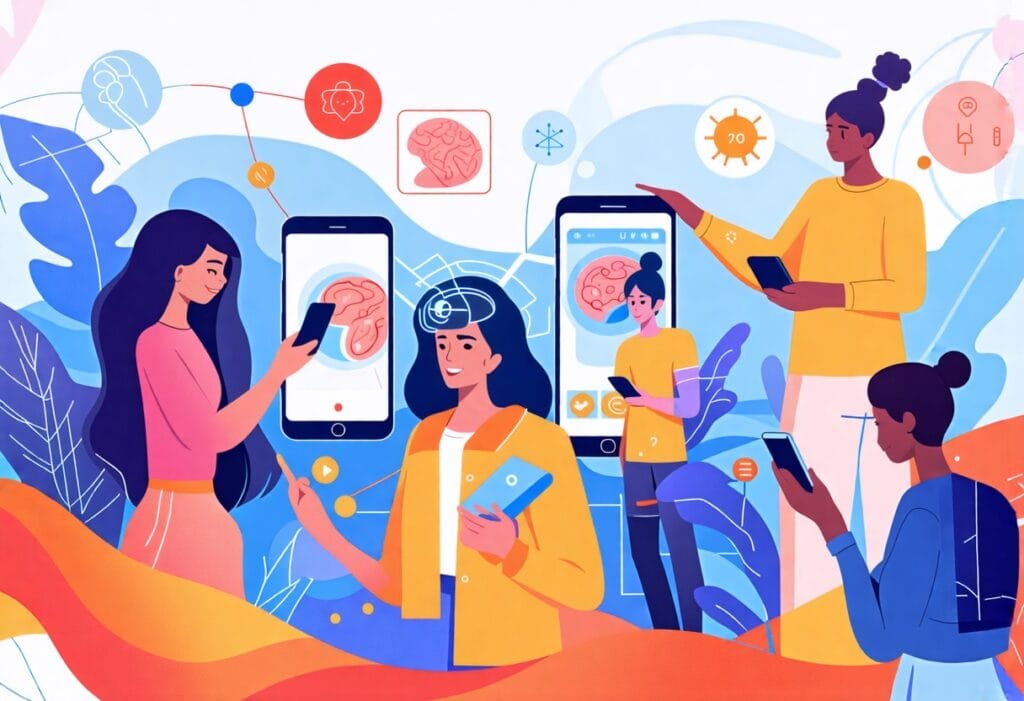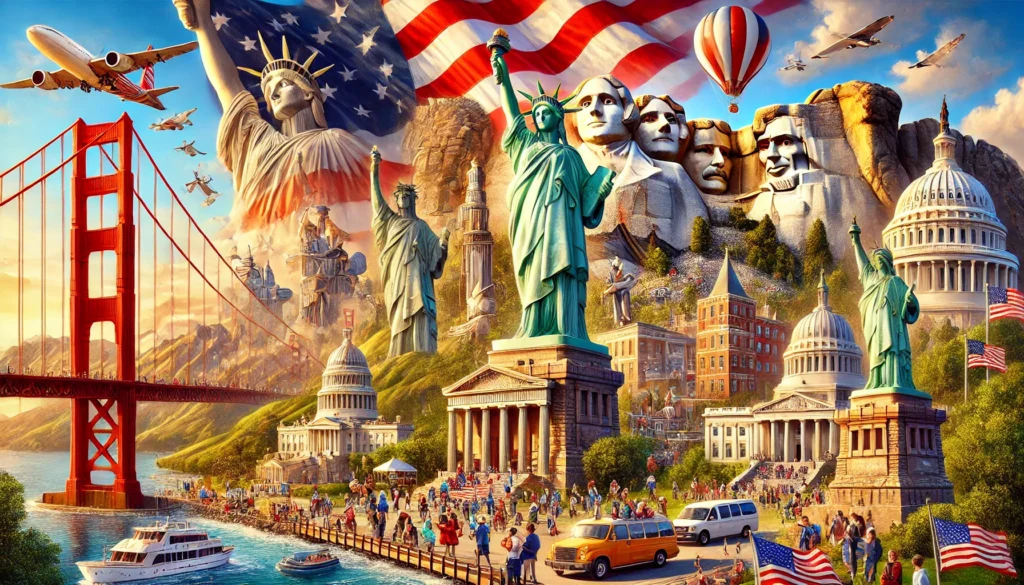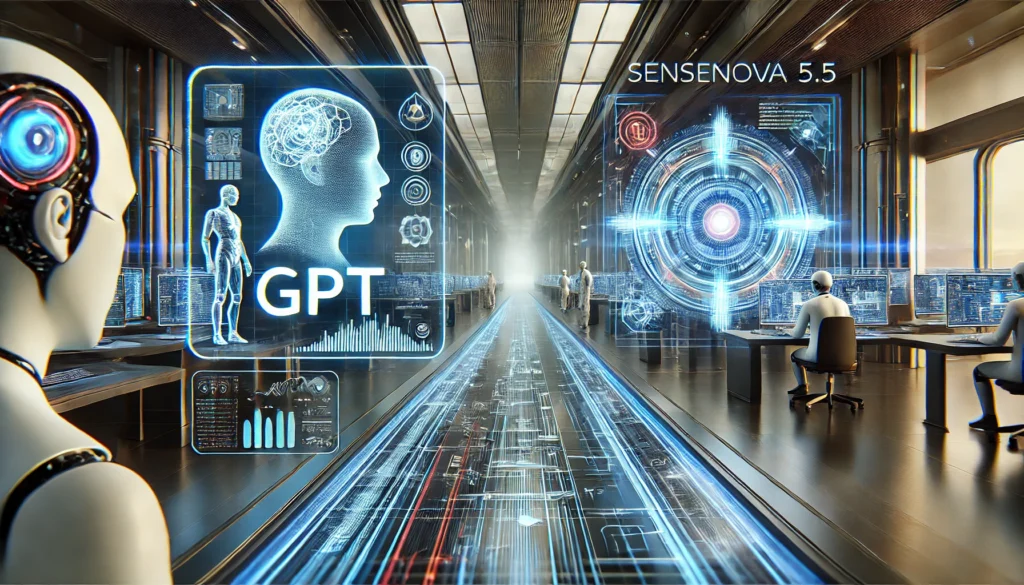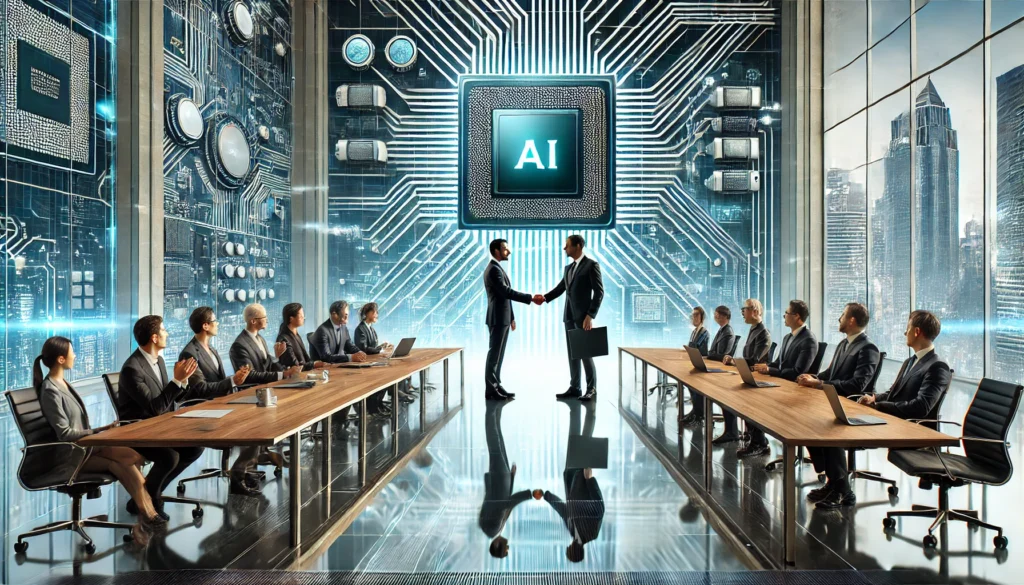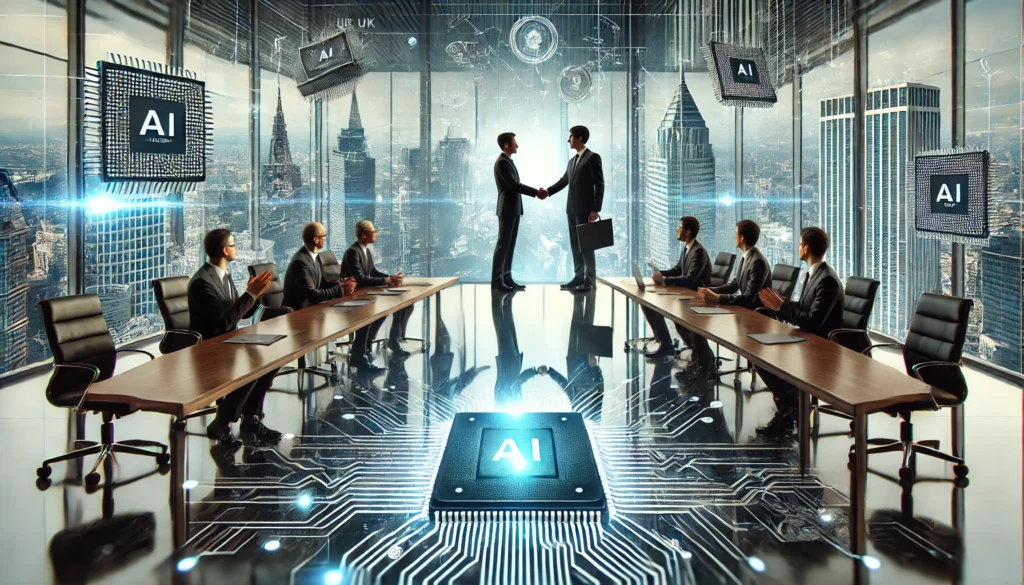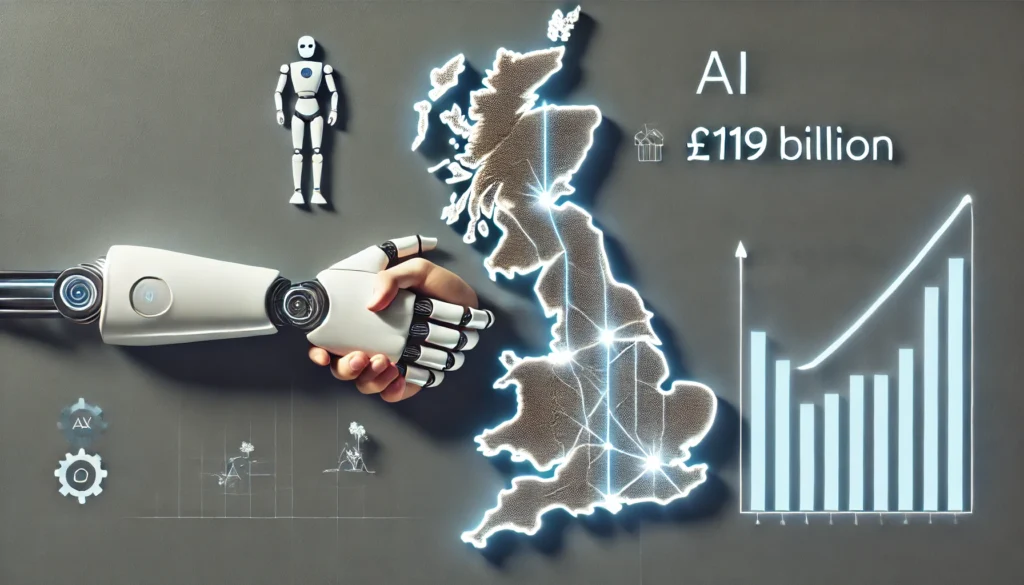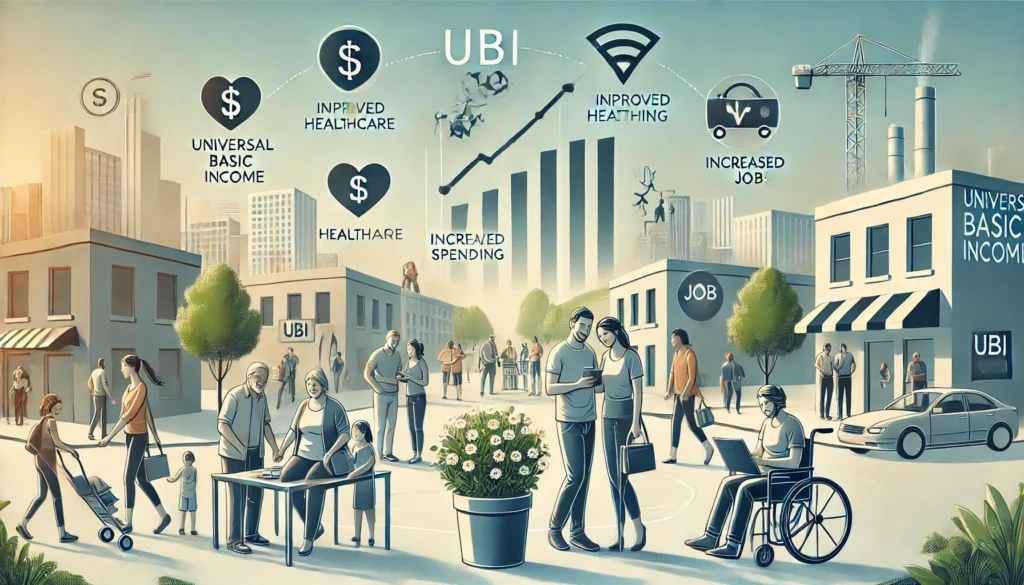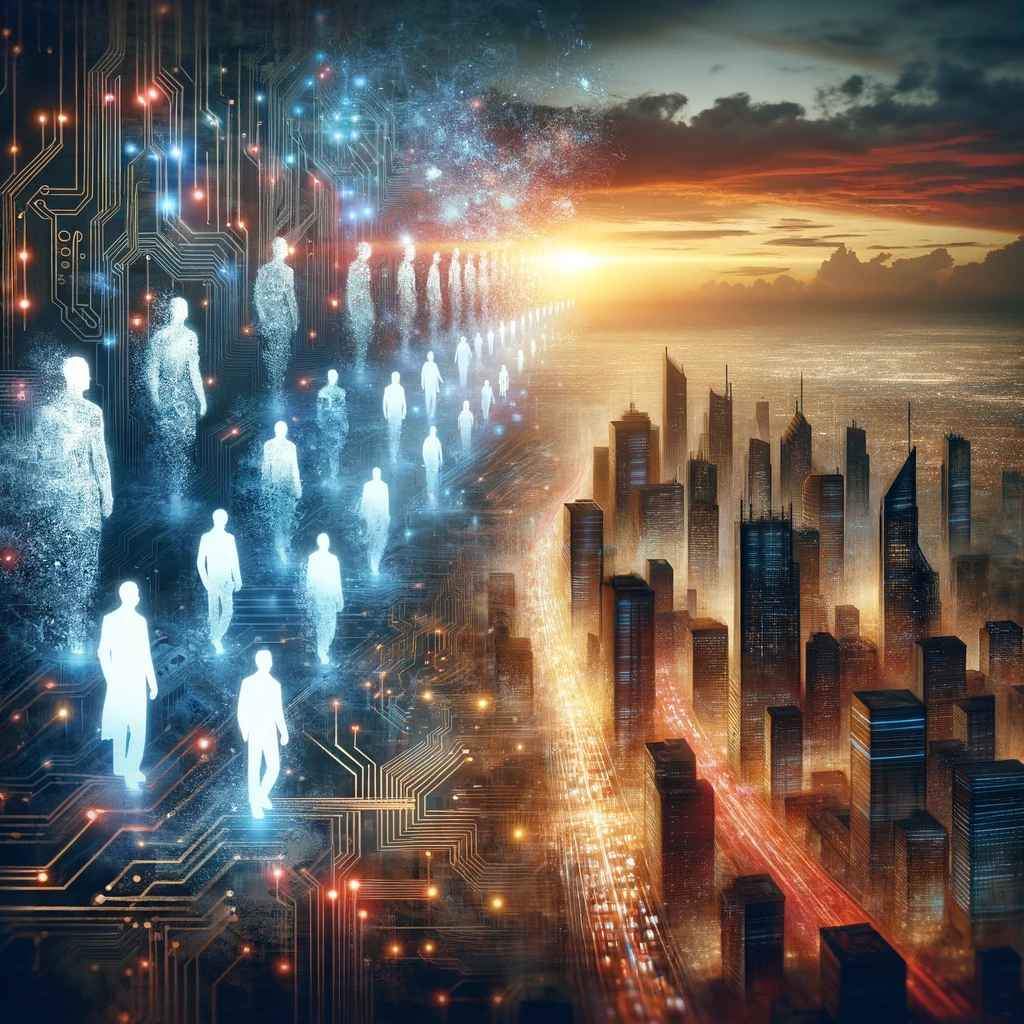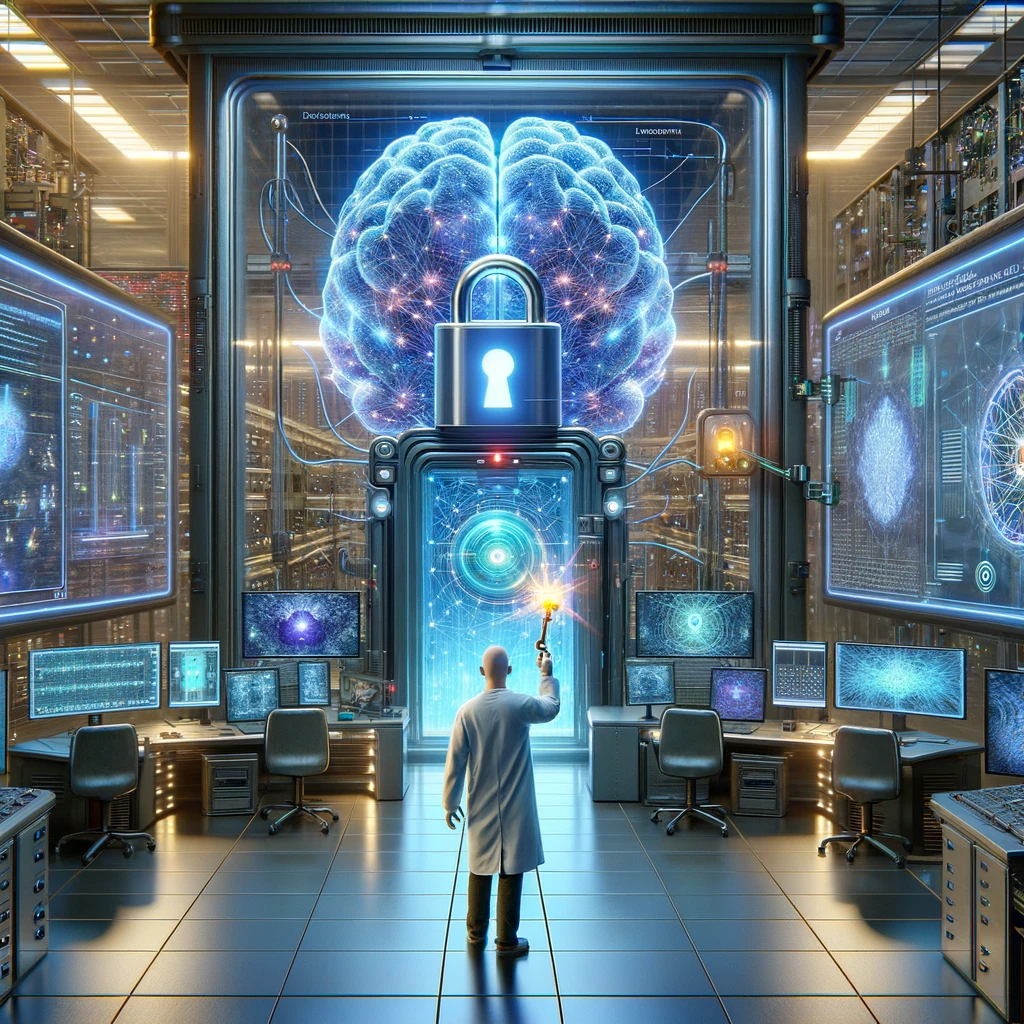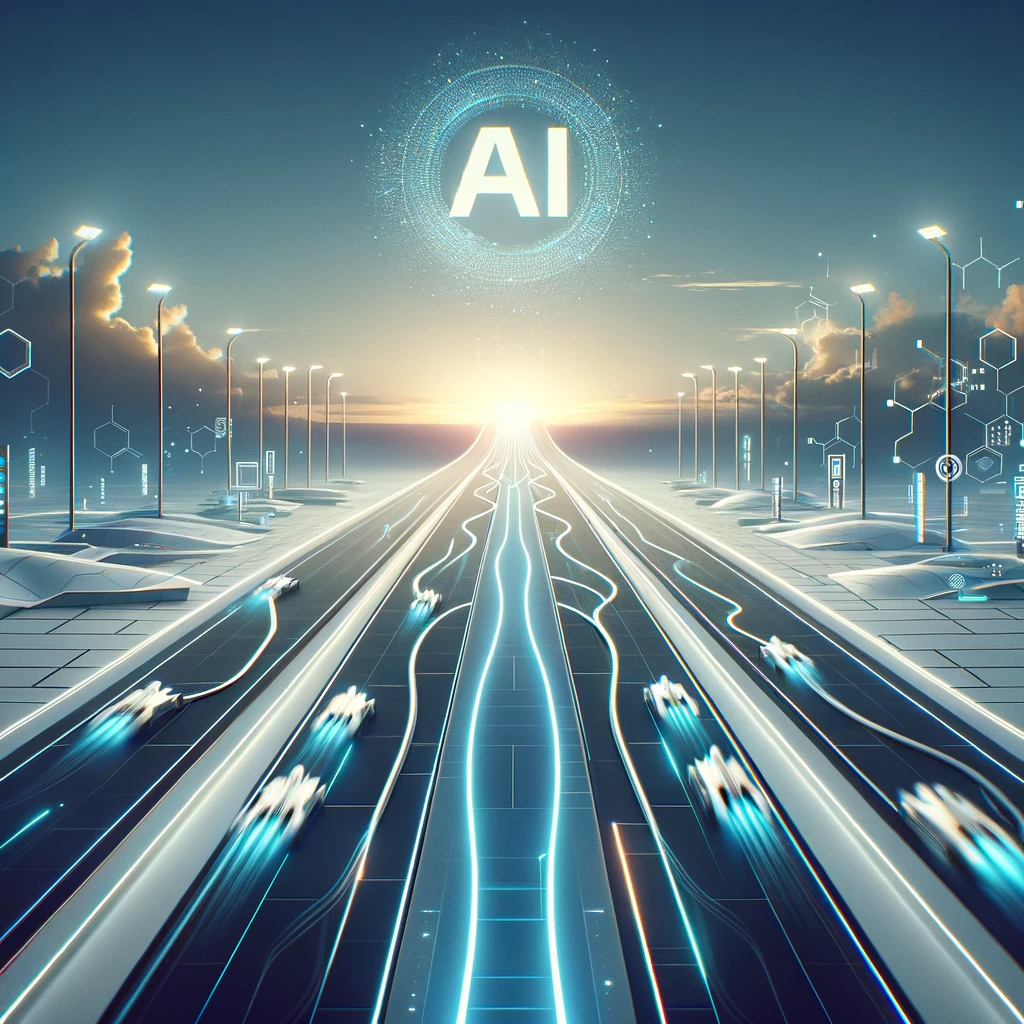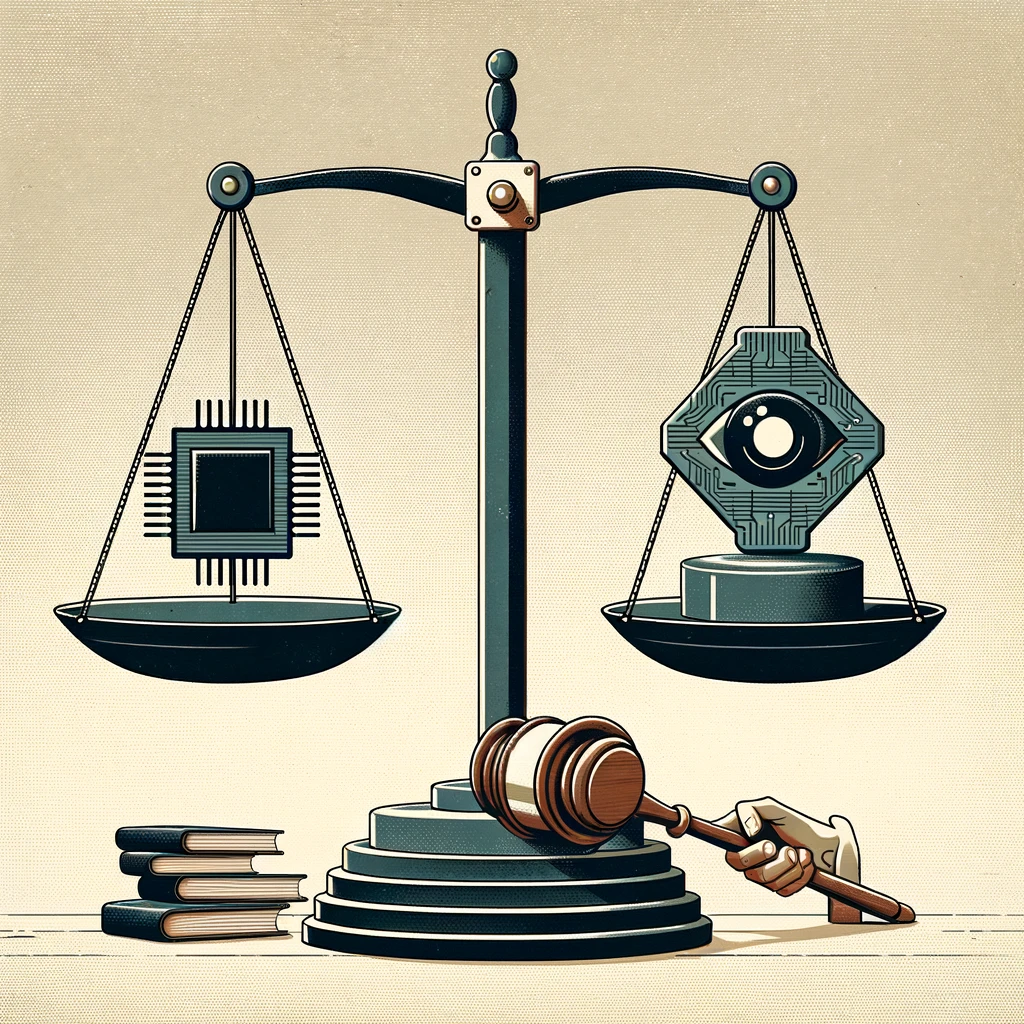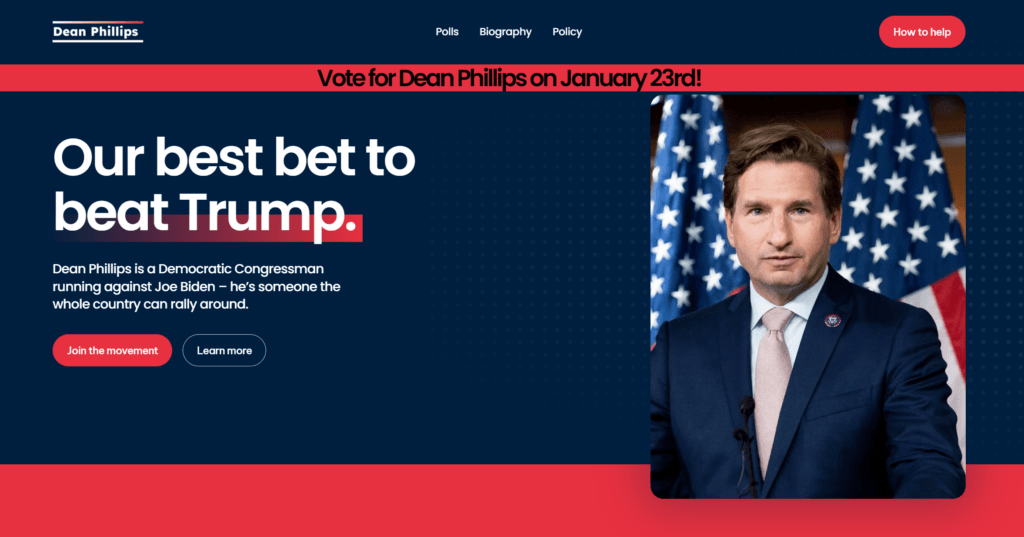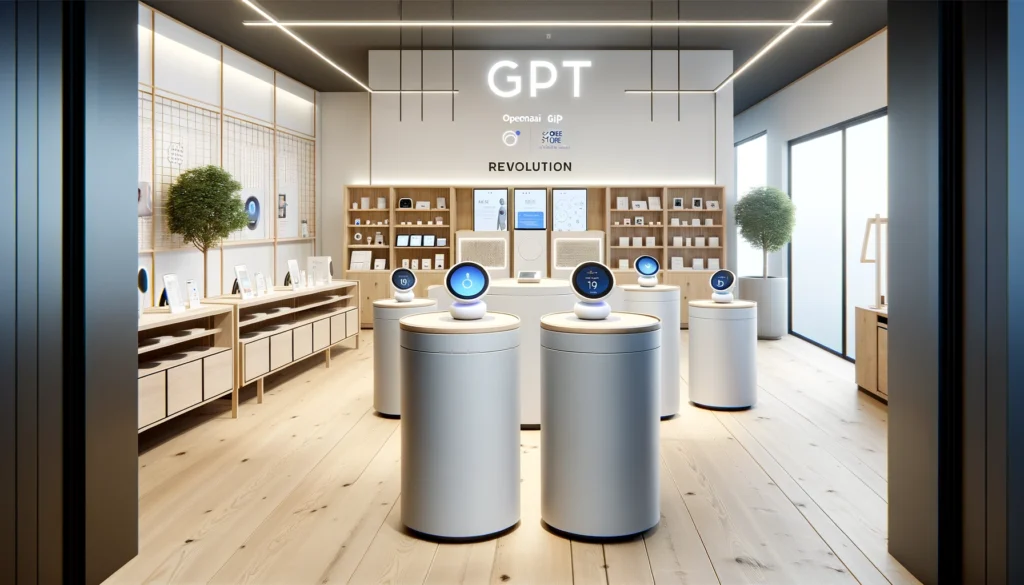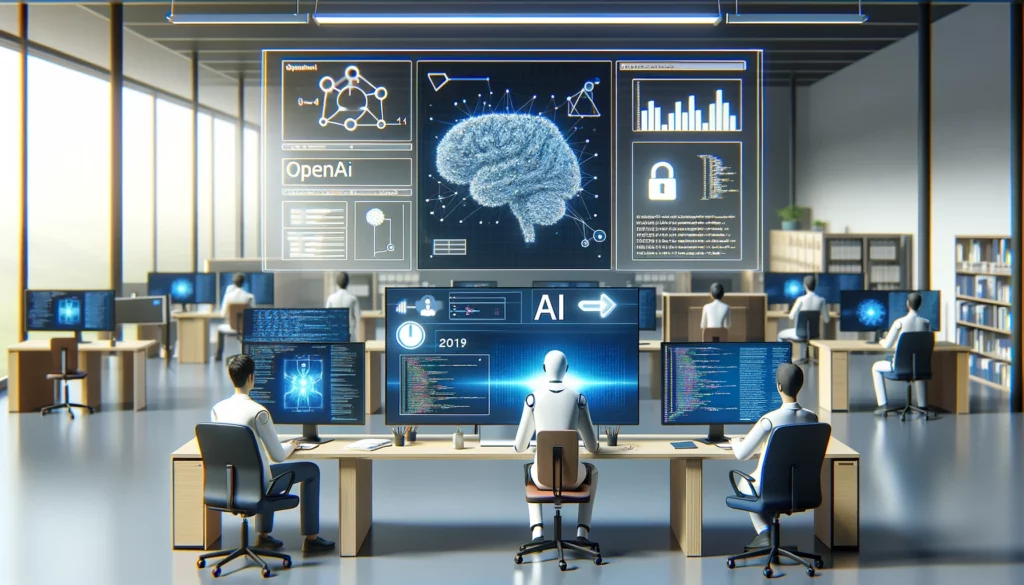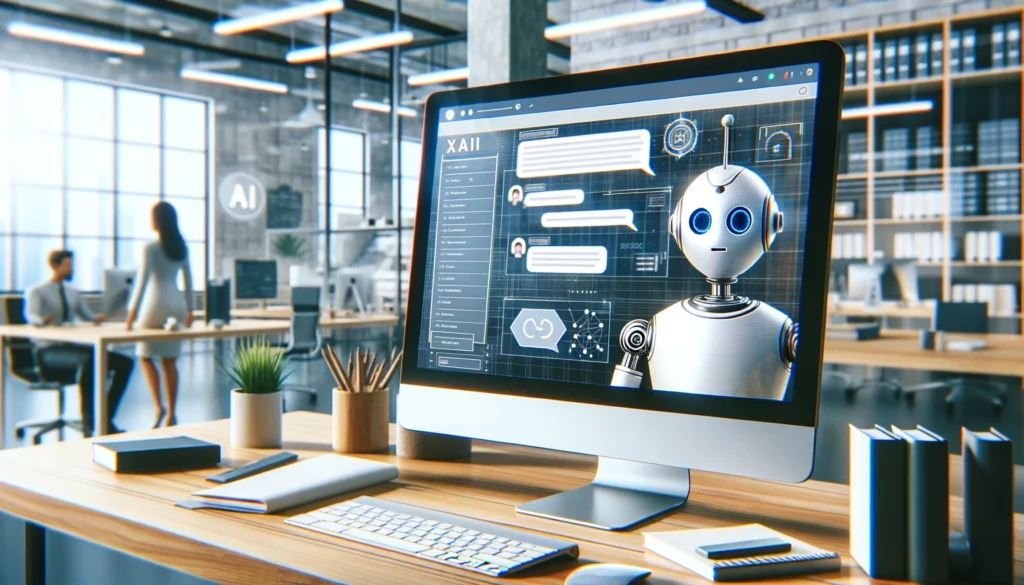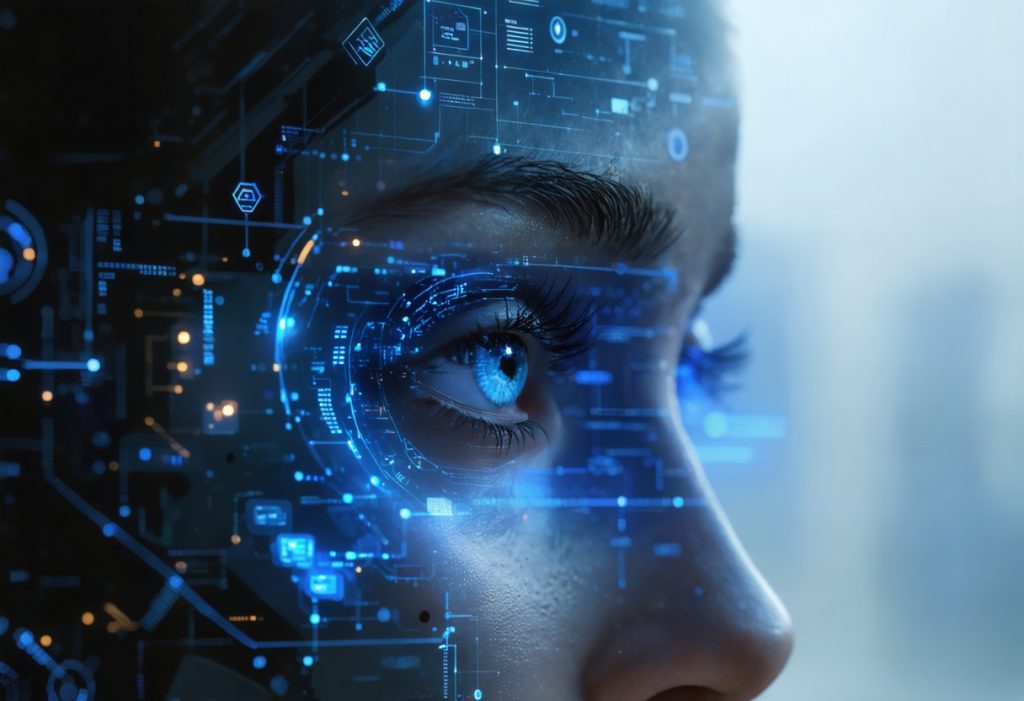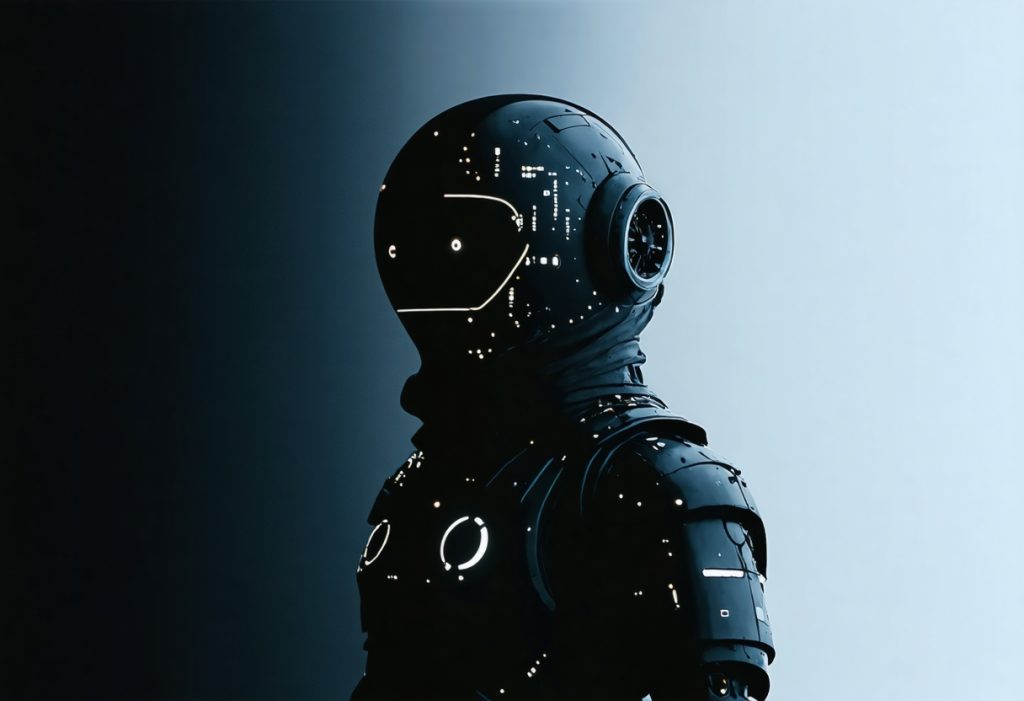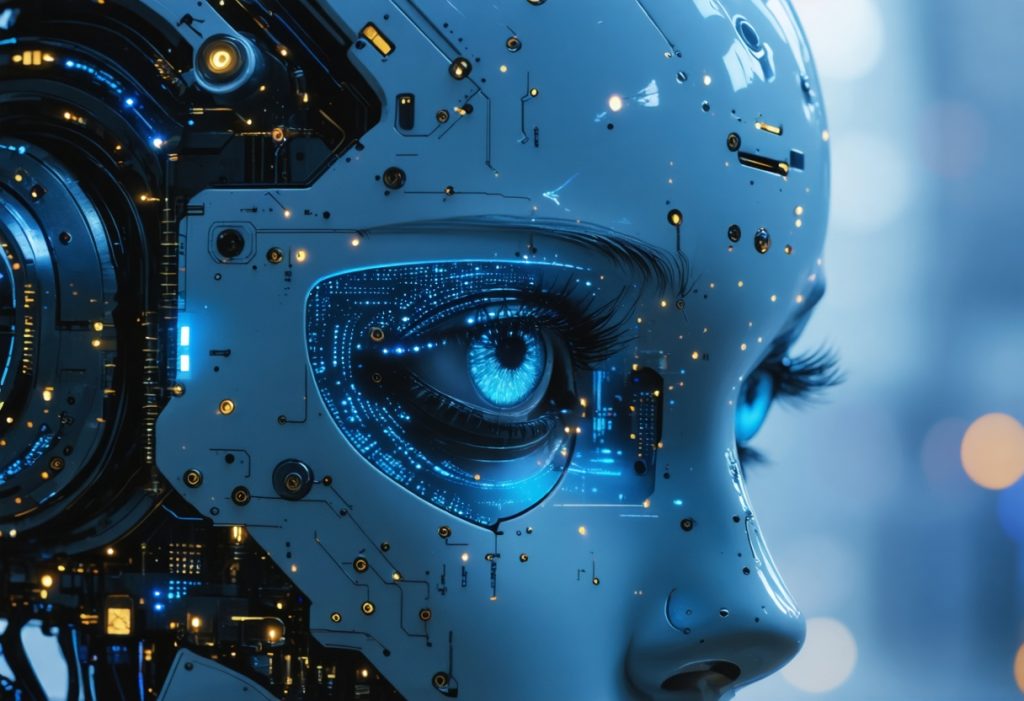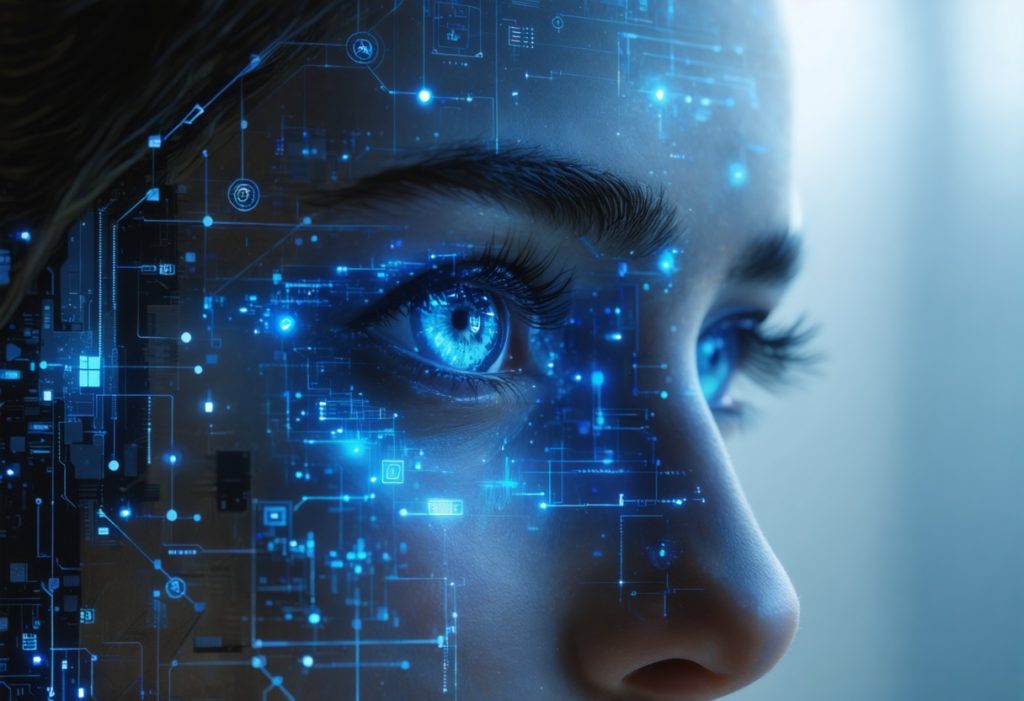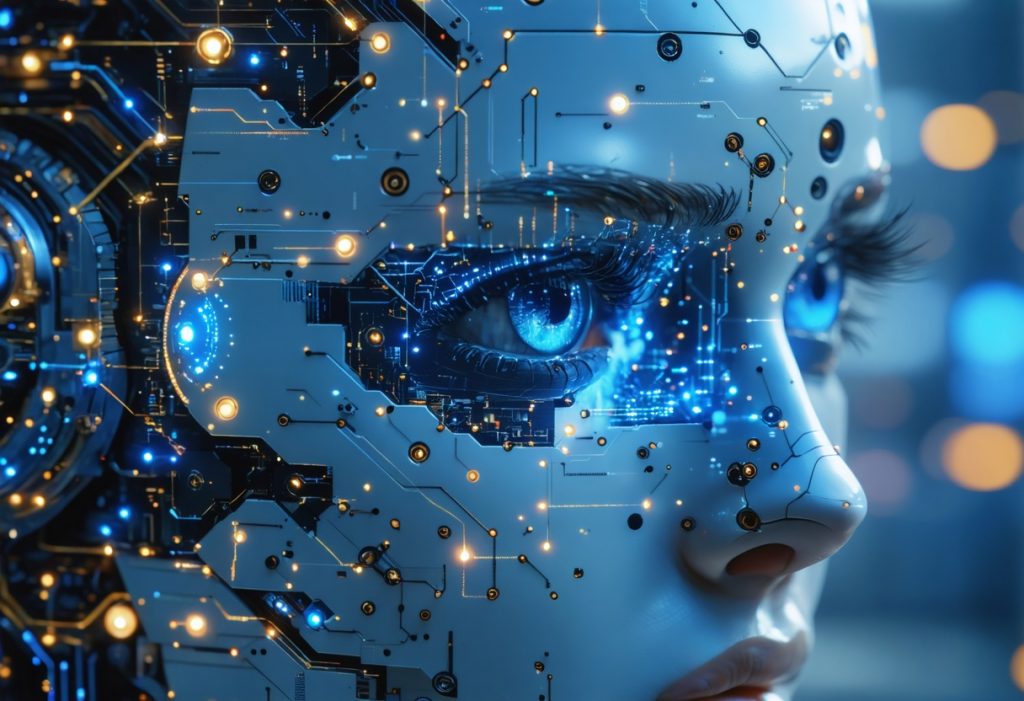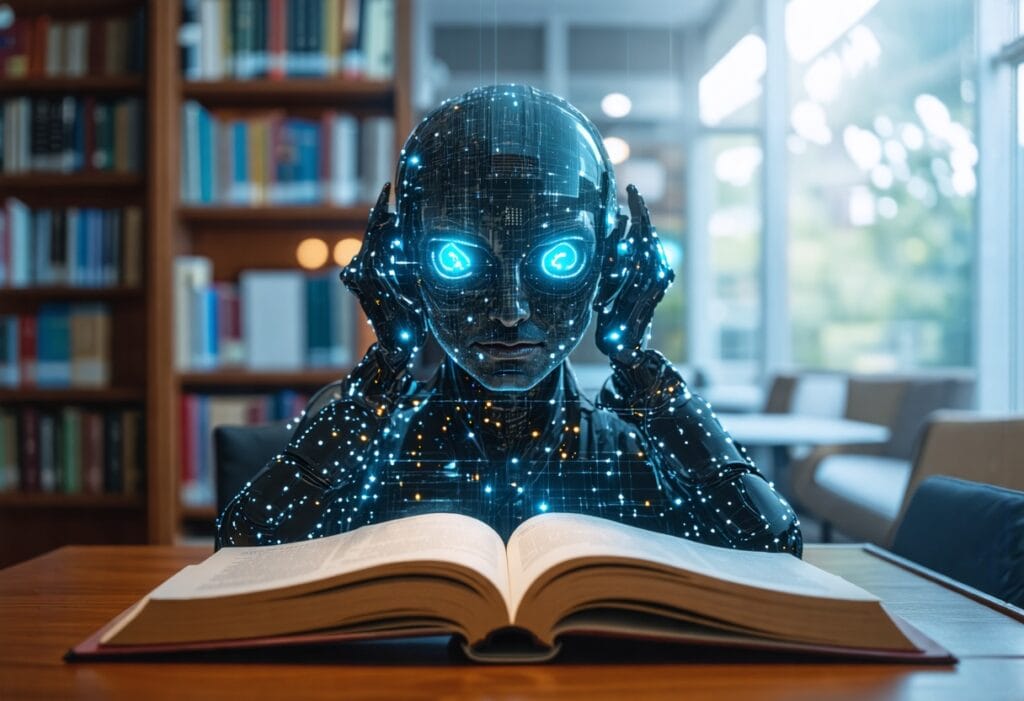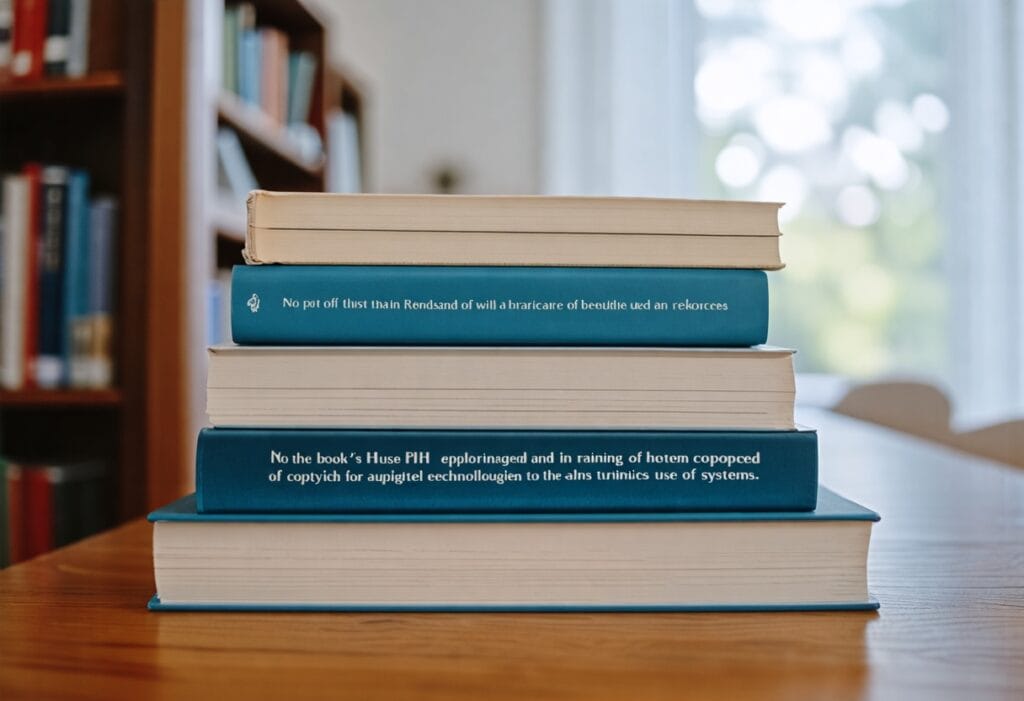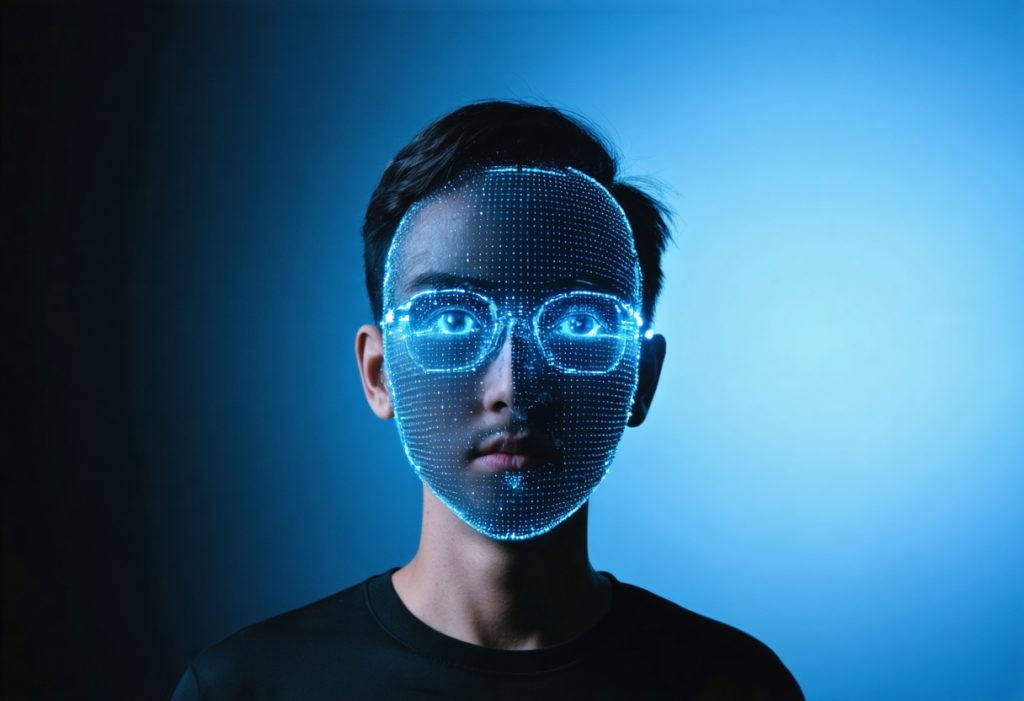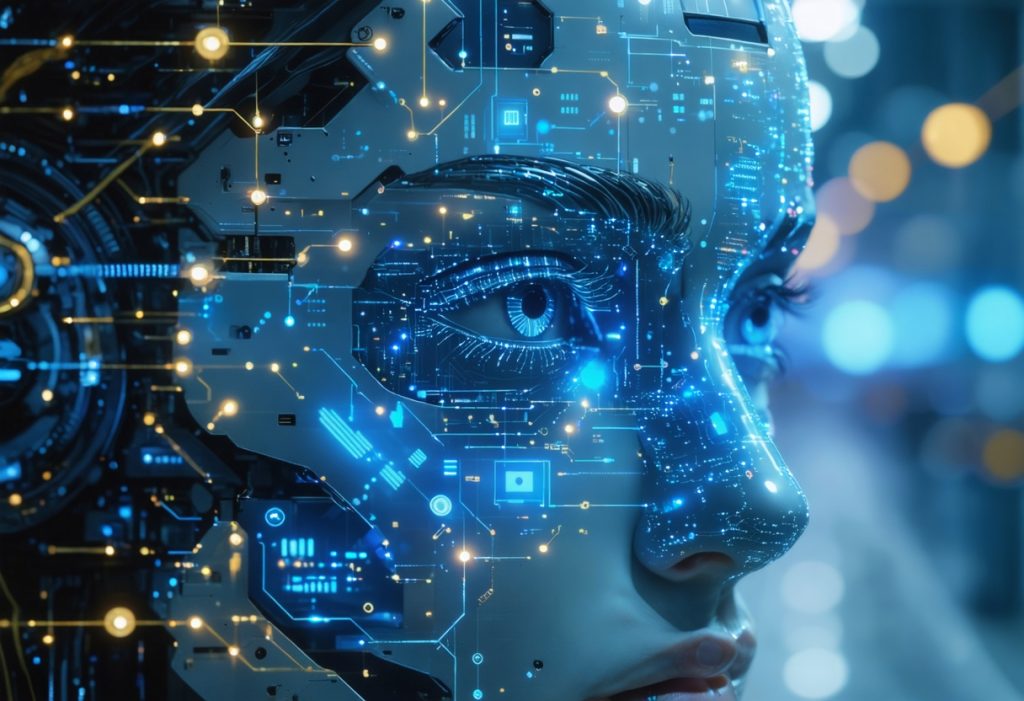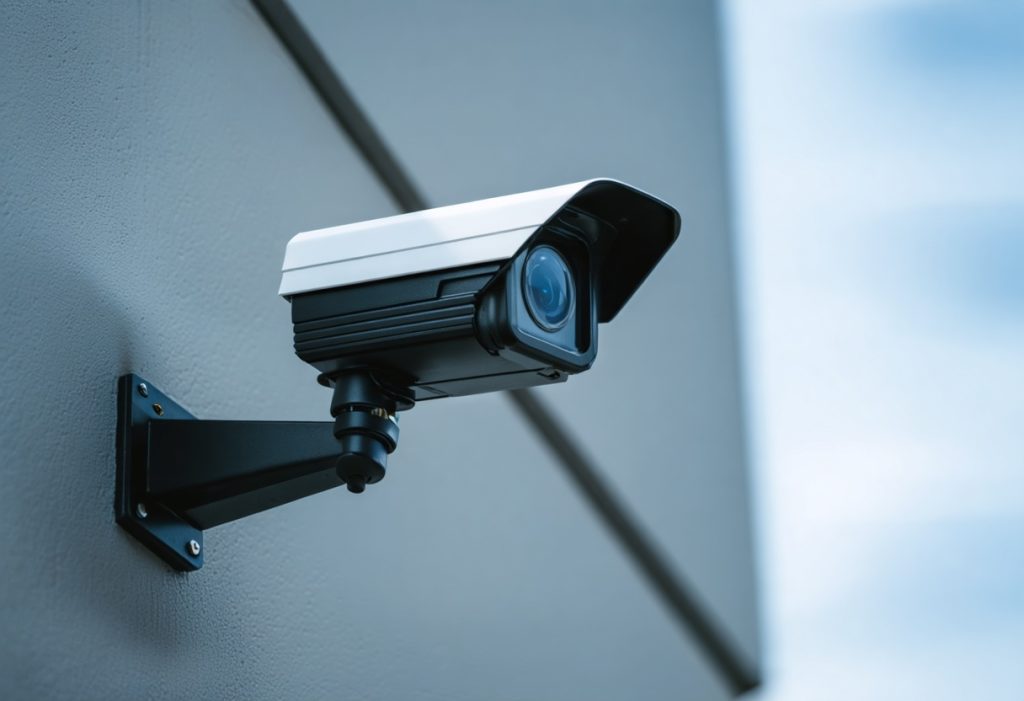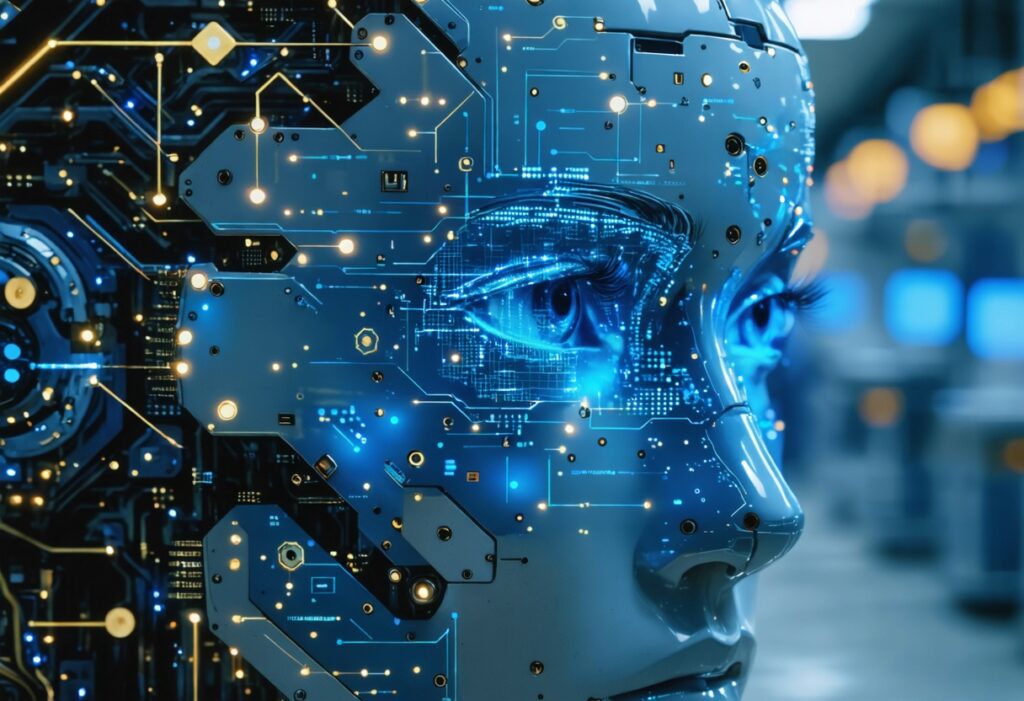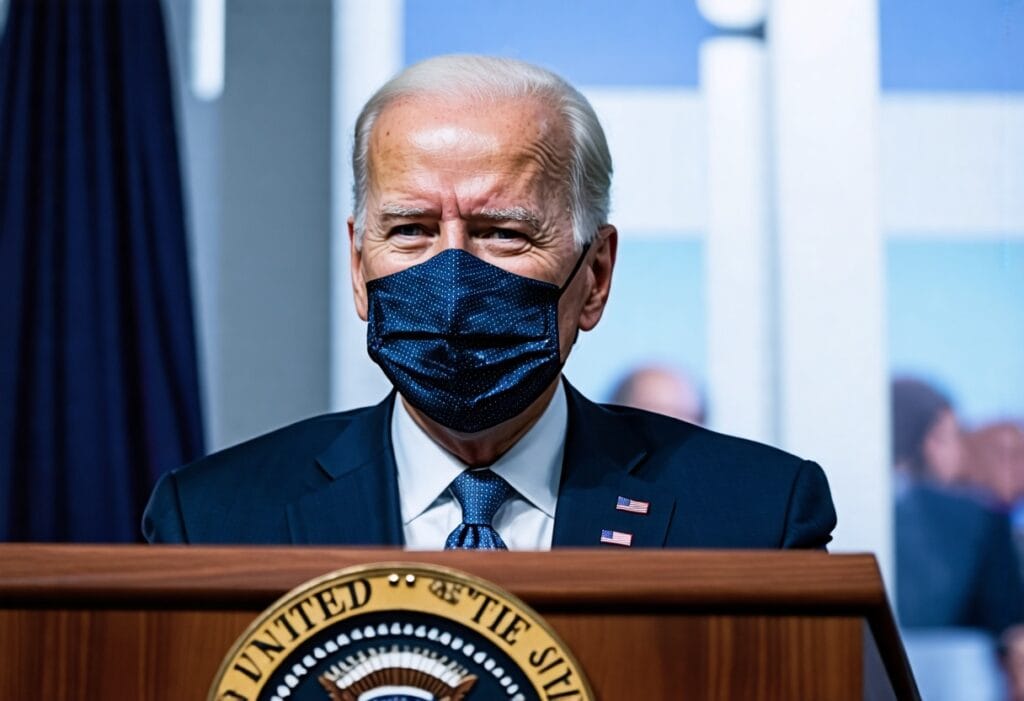OpenAI’s Legal Stand: The Debate Over ChatGPT Data Deletion in India
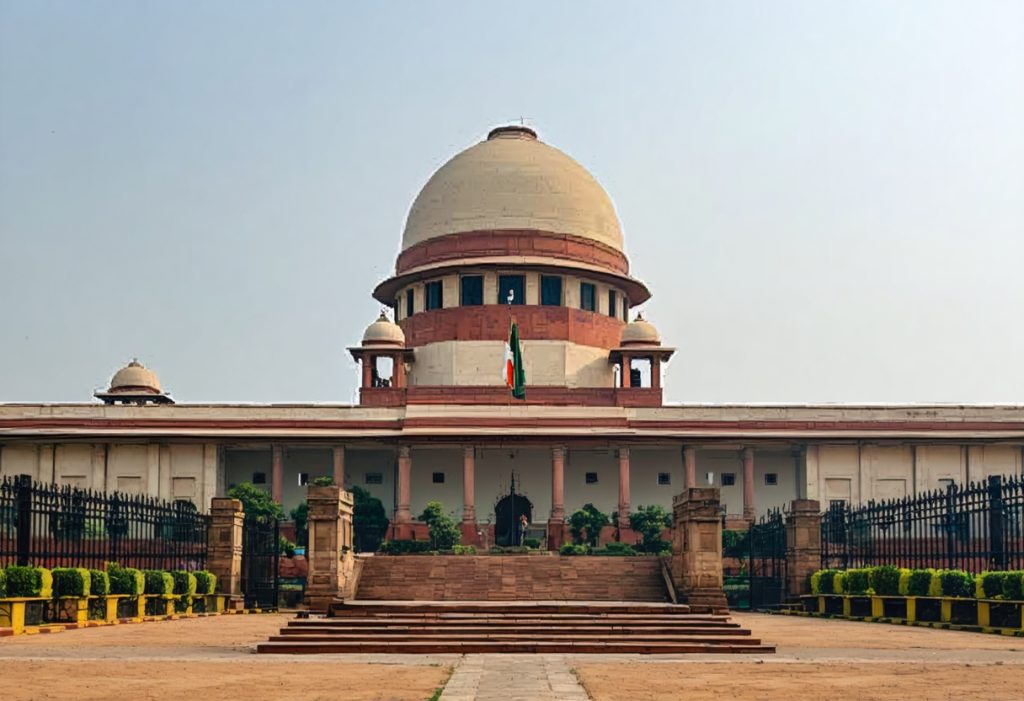
OpenAI’s Legal Stand: The Debate Over ChatGPT Data Deletion in India
In a landmark case unfolding in the Delhi High Court, OpenAI is standing firm against accusations from the Indian news agency ANI, which alleges copyright infringement due to the use of its content in training the ChatGPT model. OpenAI argues that deleting this data would violate its legal obligations in the United States, creating a complex legal web that highlights the ongoing global struggle over AI and copyright issues. This lawsuit not only raises critical questions about jurisdiction—given that OpenAI has no presence in India—but also ignites discussions on competition as it navigates partnerships with major media outlets worldwide. As the case progresses, it underscores the broader implications for AI regulation and intellectual property rights in the digital age. For more insights into the evolving landscape of AI and legal challenges, explore [this report on AI and copyright](https://www.techrepublic.com/article/how-ai-challenges-existing-copyright-laws/) by TechRepublic.
The Legal Argument: OpenAI’s Position Against Data Deletion
OpenAI’s defense in the Delhi High Court revolves around the claim that deleting the data used for training ChatGPT would conflict with its legal responsibilities in the United States. The company maintains that the ongoing litigation in the US necessitates the preservation of training data, which is central to their operations and ongoing legal strategy. This could set a precedent for AI companies worldwide in navigating local versus international legal requirements. OpenAI’s filing states: “The company is under a legal obligation, under the laws of the United States, to preserve, and not delete, the said training data.” This emphasizes the company’s commitment to compliance with US law, raising significant discussion on how legal frameworks adapt to the rapidly evolving digital landscape.
Copyright Concerns: A Growing Global Debate
The allegations brought forth by ANI highlight the broader issue of copyright infringement involving AI models. As AI continues to advance, utilizing vast amounts of data to improve performance, the question of copyright is becoming increasingly contentious. Similar lawsuits have emerged globally, with rights holders like The New York Times also filing lawsuits against AI developers for unauthorized use of their content, alleging that these companies exploit journalistic work without proper compensation or acknowledgment.
OpenAI argues that its use of data falls under “fair use,” a doctrine in US copyright law that permits limited use of copyrighted material without requiring permission. This defense is crucial in the ongoing conversations about how AI models interact with copyrighted works, raising the question of whether existing copyright laws can adequately address issues raised by AI technology. For more insights on the intersection of AI and copyright laws, consider looking at sources like the TechRepublic report.
The Jurisdiction Clash: A Legal Turtle Race
Central to this case is the jurisdiction dispute regarding whether Indian courts have authority over OpenAI, a company with no physical operations in the country. OpenAI contends that since its data servers are located outside India, and it has no permanent establishment within the country, Indian courts lack the jurisdiction to enforce their rulings on the company. ANI, however, argues for the court’s validity in this instance, suggesting that new legal precedents may need to be established to handle cases involving international companies and digital platforms.
This jurisdictional dilemma reflects a broader challenge in international law where digital operations transcend geographical boundaries. As countries like India grapple with establishing a regulatory framework for AI technology, OpenAI’s case may serve as a litmus test for future legal actions involving global corporations and data privacy laws.
Implications for Competition in the News Industry
The lawsuit has sparked concerns about competition and the implications of AI on media outlets. ANI argues that OpenAI’s collaborations with major news organizations, including Time Magazine and The Financial Times, create an unlevel playing field, allowing the company to dominate the digital media space. ANI asserts that the excerpts from its content have been used in such a way that further facilitates this competitive imbalance.
This concern illustrates the potential disruptions AI may cause within established industries, particularly journalism, where content creation and copyright laws remain paramount. As OpenAI continues to build partnerships internationally, this case could lead to a stricter evaluation of agreements and practices involving AI technologies and news organizations. For further exploration into AI and market competition, check out resources like Forbes’ analysis of AI in journalism.
Future of AI Regulation: Navigating Complex Waters
This case signals a critical juncture in AI regulation and intellectual property rights. With OpenAI’s transition from a non-profit to a for-profit model, the stakes are higher, leading to more scrutiny over its practices and collaborations. As AI technologies become integral to various sectors, regulators are likely to face pressure to implement frameworks that effectively govern their use while protecting the rights of content creators.
The ongoing legal battles will undoubtedly influence future policies that emerge to regulate AI and copyright issues, leading to new guidelines that balance innovation with respect for intellectual property. As AI continues to permeate different sectors, the resolution of this case may impact how companies engage with copyright law and set standards for fair use in technological applications.
The Road Ahead: Upcoming Court Hearings and Legal Developments
The next hearing in the Delhi High Court, scheduled for January 28, will be crucial in determining the direction of this legal conflict. Stakeholders from both AI developers and content creators are watching closely as the outcome will have ramifications beyond this particular case. A decision in favor of ANI could empower other content creators to seek similar relief against AI companies, whereas a ruling in favor of OpenAI might reinforce the fair use doctrine as it applies to AI data training practices.
As this landmark case unfolds, it is essential for those interested in AI, copyright law, and the evolving landscape of digital content to stay informed and engaged in discussions surrounding these developments.
Final Thoughts on OpenAI’s Legal Battles and AI Regulation
The ongoing legal dispute involving OpenAI and ANI highlights significant tensions between copyright law, AI technology, and global jurisdiction. As OpenAI defends its operation amidst claims of copyright infringement, the case illustrates the complexities of compliance across different legal frameworks while emphasizing the potential implications for AI regulation and content creators. The outcome of this dispute, which is scheduled for further hearings on January 28, could shape future practices within the industry, influencing how AI interacts with intellectual property rights. To stay updated on the evolving landscape of AI and its legal challenges, consider diving deeper into this insightful report on AI and copyright. Engage in the conversation and keep abreast of these developments to understand their impact on both the tech and media sectors.
